To a large extent, academic presentations can be considered as one of the key forms of scholarly communication. This article explains how it is possible to stand out and deliver a speech at a conference or seminar, and even when conducting a thesis defines. Below is advice that needs to be followed while preparing for presentations to enhance the presentation’s conceivability.
1. Know Your Audience
That means understanding who you are presenting to be always important. Are they specialized in your area of practice or have they generated a diverse practice? Tailor your content accordingly:
- For experts: In your summaries, concentrate on what you have to say, specifics of implementation, and advanced evaluation.
- For generalists or interdisciplinary audiences: Make your complex ideas concise and stress the importance of your mission in terms that are quite easy to comprehend.
2. Structure Your Presentation
Organization of the presentation facilitates communication of the findings. Consider the following structure:
- Introduction: The first strategy is to start strongly, this is creating an interesting introduction to the text. In the first chapter, you should outline your research question concisely, briefly discuss why it is important, and explain what literature gap your study aims to fill.
- Methodology: Here I briefly discuss the methods used to carry out my research and the justification for the selected methods.
- Results and Discussion: On general approach to presenting your findings should be thoroughly calculated and formulated in a logical manner linking with the research question.
- Conclusion: Finally, recapping the major research conclusions recommended the future research areas.
3. Focus on the Key Points
When designing your interface, it can be quite tempting to focus on every single element on the site and its functionality but your users or viewers are always limited to what they can comprehend. Be very clear from the start and specifically determine the issues which you want them to recall. Do not use fancy language and avoid inserting too much professional terms unless you are addressing an expert group.
4. Create Effective Visual Aids
Don’t let the visuals overpower the content or message of your graphic that you are trying to convey. Follow these guidelines for slides:
- Keep it simple: Less is more; no more than bullets, but preferably simple statements.
- Graphs and charts: However, be careful with presenting data in a visual form: graphs and tables should be clear and, if possible, named.
- Use visuals sparingly: One of the mistakes people make is using many slides or on the other hand cramming the whole content on one slide. Each slide should have one concept.
5. Practice, Practice, Practice
Rehearsing your presentation is essential:
- Time yourself: Also, to ensure that you are within the time limit avoid putting a lot of information into your work.
- Run through it with a colleague or mentor: They can help you understand how well your message gets through and how you deliver it.
- Practice in front of a mirror: This aids in the expression on the body as well as confidence.
6. Engage with Your Audience
- Make eye contact: Making direct eye contact with the audience takes your presentation to the next level personal.
- Ask questions: At the end of presentation or within the presentation if it is feasible ask, whether questions can be asked. It also not only makes the audience warm up and interested in the process but also helps you to analyze how much they actually grasp what you do.
- Tell a story: Put your work into context in terms of a historically or chronologically larger story. It will assist your audience to find relevance of their world with your work and the other way round.
7. Manage Nerves
One can
get very anxious when presenting, especially in the intensive academic
environment.
- Prepare thoroughly: The more familiar you are with your topic then the more
prepared you will be to handle whatever questions get thrown at you.
- Breathe deeply: Before starting reading pay attention to few breaths of fresh air, it can help to decrease pressure.
- Focus on the message: This will save you time and create more effective graphs than worrying about how you are ‘selling’ the research.
8. Handle Questions Confidently
Another point you will find rather forcible is when you are done presenting your ideas and you move to the question and answer session. Here’s how to handle it:
- Listen carefully: Be very careful when answering the question especially if you have not understood it at first instance. Don’t be shy to seek clarification from anyone who you think would be willing to given it.
- Stay calm: If they do not know the answer to a question then, they shouldn’t be afraid to say that they don’t. At some point, you can offer to contact the person later, providing additional data.
- Be concise: Between questions, writes concise responses of no more than 2-3 sentences.
9. End Strong
Summarize for the audience and then come up with a memorable closing statement. Repeat the main points of your talk and make a final statement that provides an implication of your work or a call for future studies.
10. Follow Up
After your presentation, speak to those people who showed interest in what you had to say. Asking the participants to share copies of their slides or inviting them to provide extra information about their research helps to bring new partners to joint academic projects.
Final Thoughts
In order to present the research one needs to have good content, manner in which the content is presented and maybe how the audience will be involved. That is why adhering to these tips and spending time on preparation you will make your presentation not only informative, but also effective.
The current blog post is quite useful and can be helpful for both new as well as experienced researchers, who want to give better presentations with less effort.
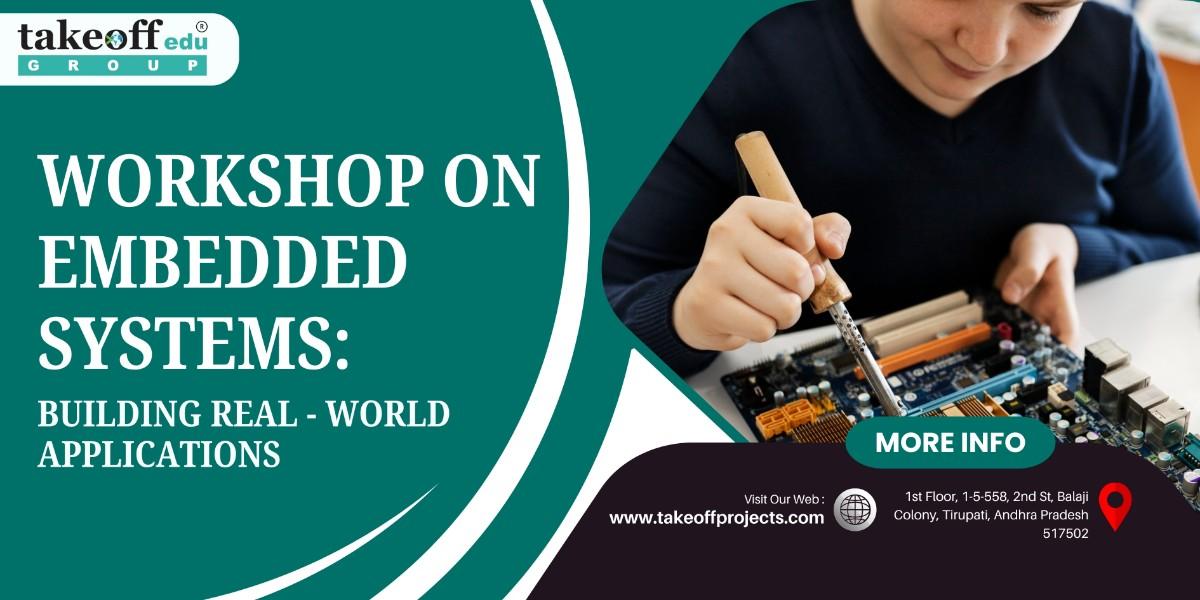 Workshop on Embedded Systems: Building Real-World Applications
Workshop on Embedded Systems: Building Real-World Applications  Top Internship Training & Certificate
Top Internship Training & Certificate 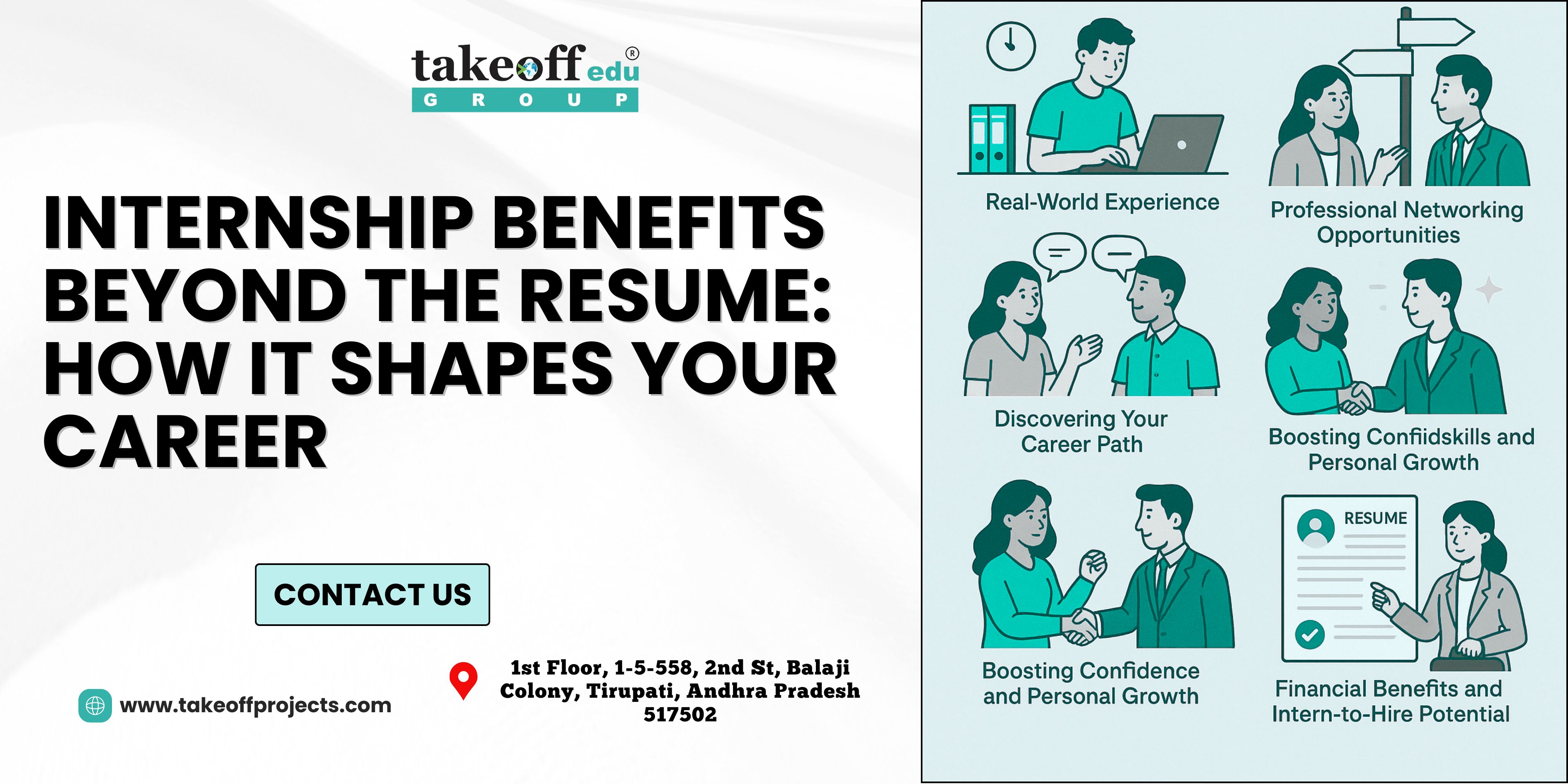 Internship Benefits Beyond the Resume: How It Shapes Your Career
Internship Benefits Beyond the Resume: How It Shapes Your Career  Turing Internship into Job Offers: Strategies for Success
Turing Internship into Job Offers: Strategies for Success 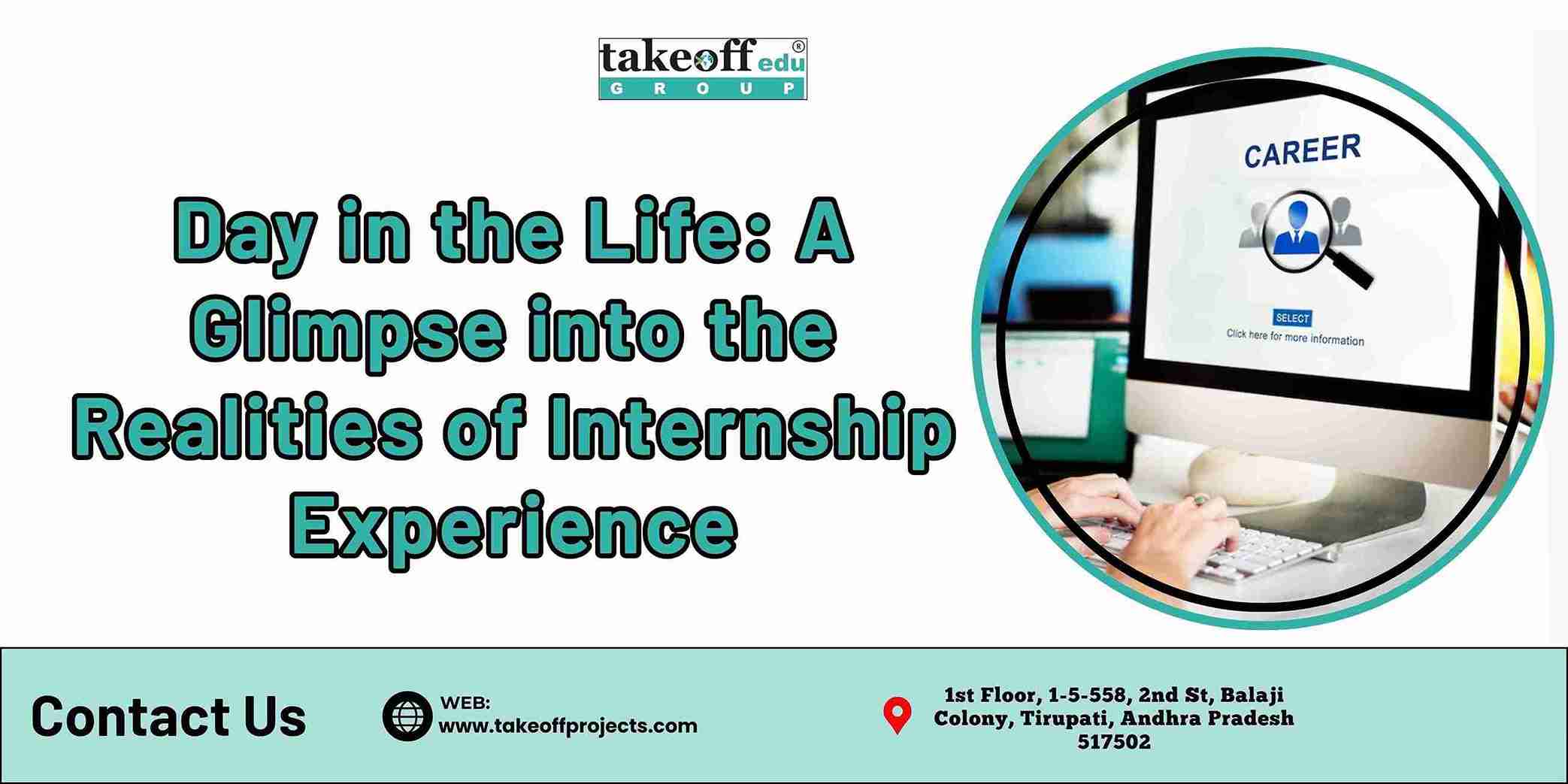 Day in the Life: A Glimpse into the Realities of Internship Experience
Day in the Life: A Glimpse into the Realities of Internship Experience 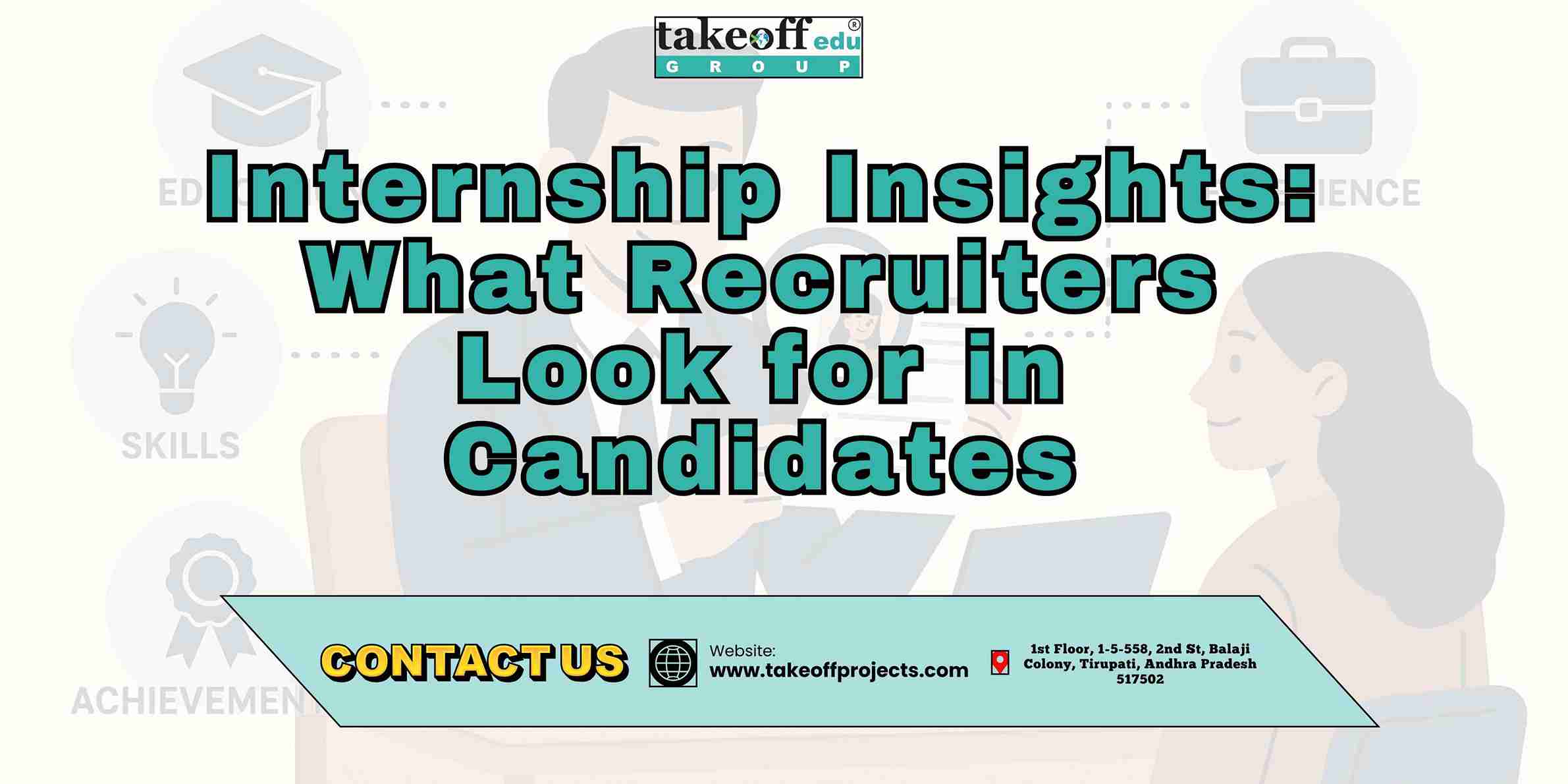 Internship Insights: What Recruiters Look for in Candidates
Internship Insights: What Recruiters Look for in Candidates 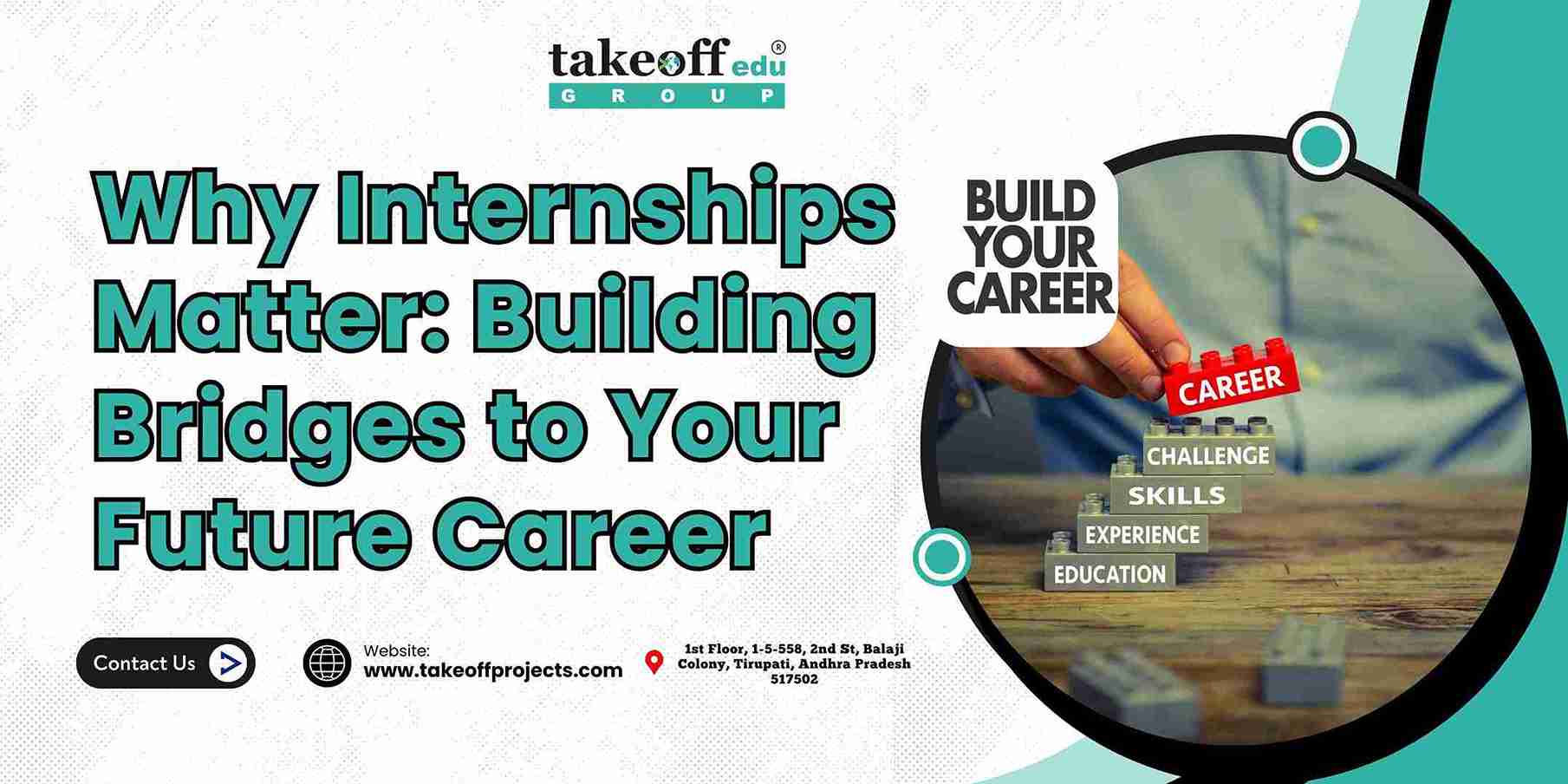 Why Internships Matter: Building Bridges to Your Future Career
Why Internships Matter: Building Bridges to Your Future Career  Smart Mirror Based on Raspberry Pi
Smart Mirror Based on Raspberry Pi 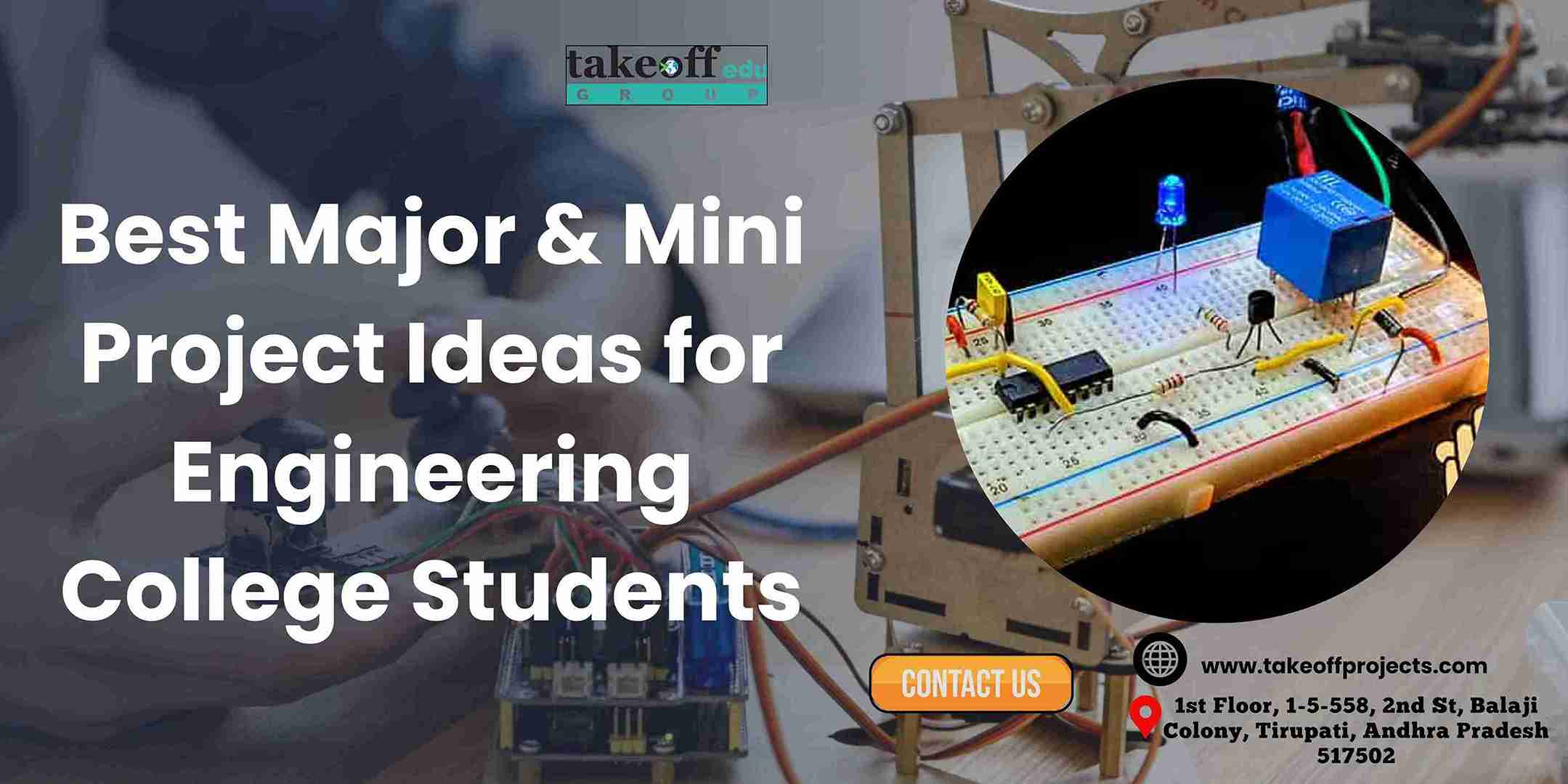 Best Major & Mini Project Ideas for Engineering College Students
Best Major & Mini Project Ideas for Engineering College Students 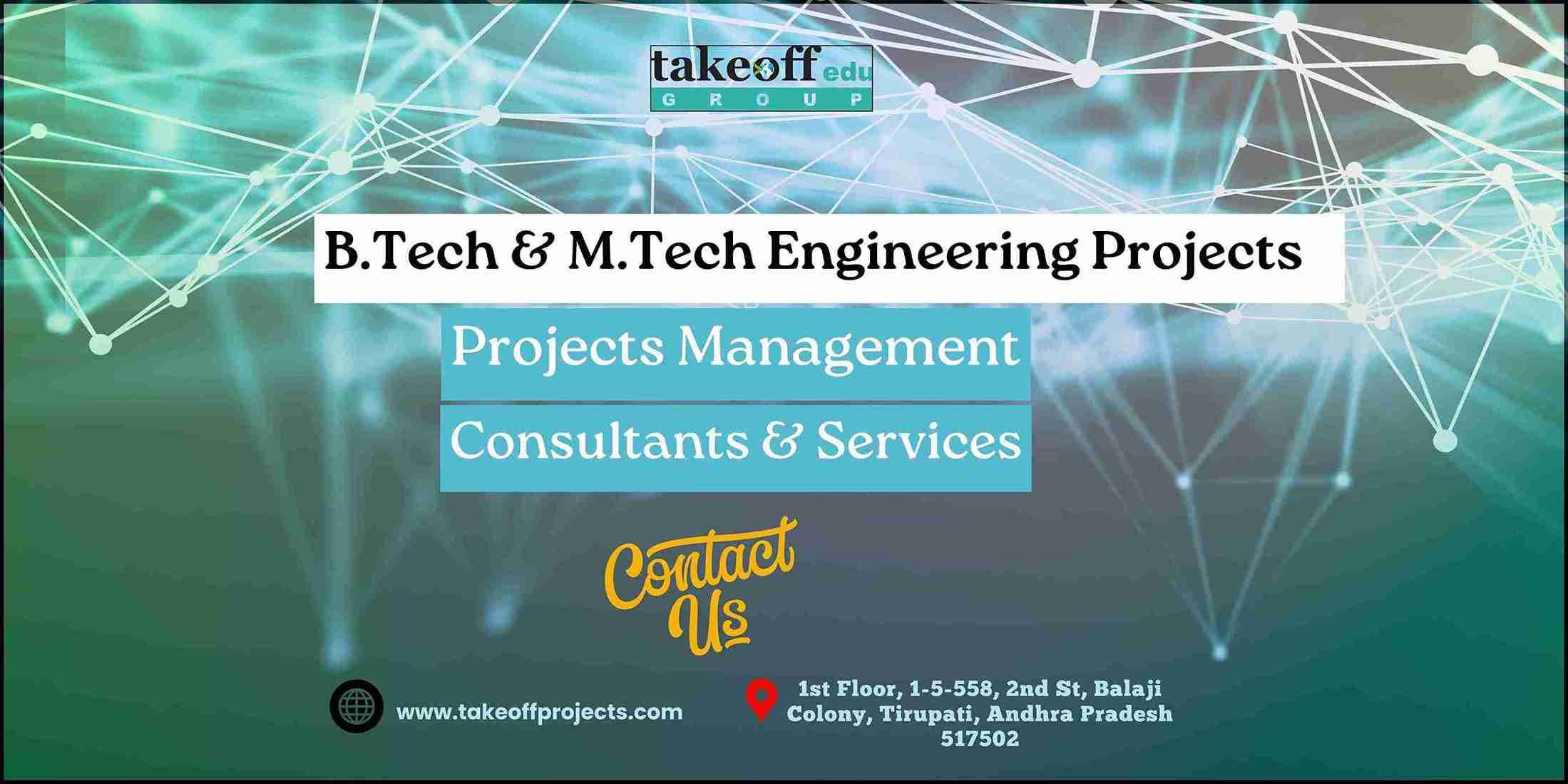 Top B.Tech/M.Tech Engineering Projects Consultants & Services
Top B.Tech/M.Tech Engineering Projects Consultants & Services 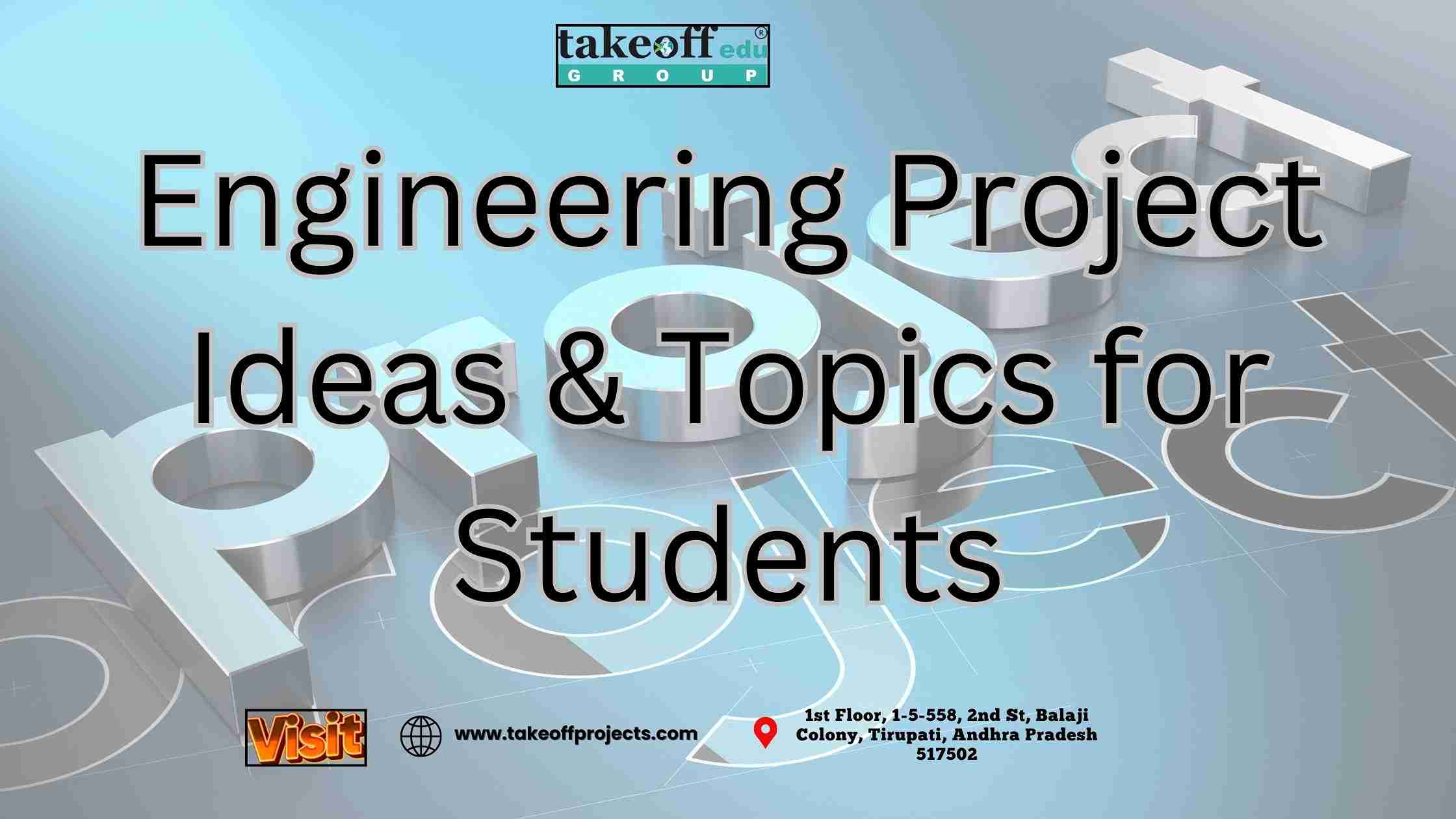 Engineering Project Ideas & Topics for Students
Engineering Project Ideas & Topics for Students 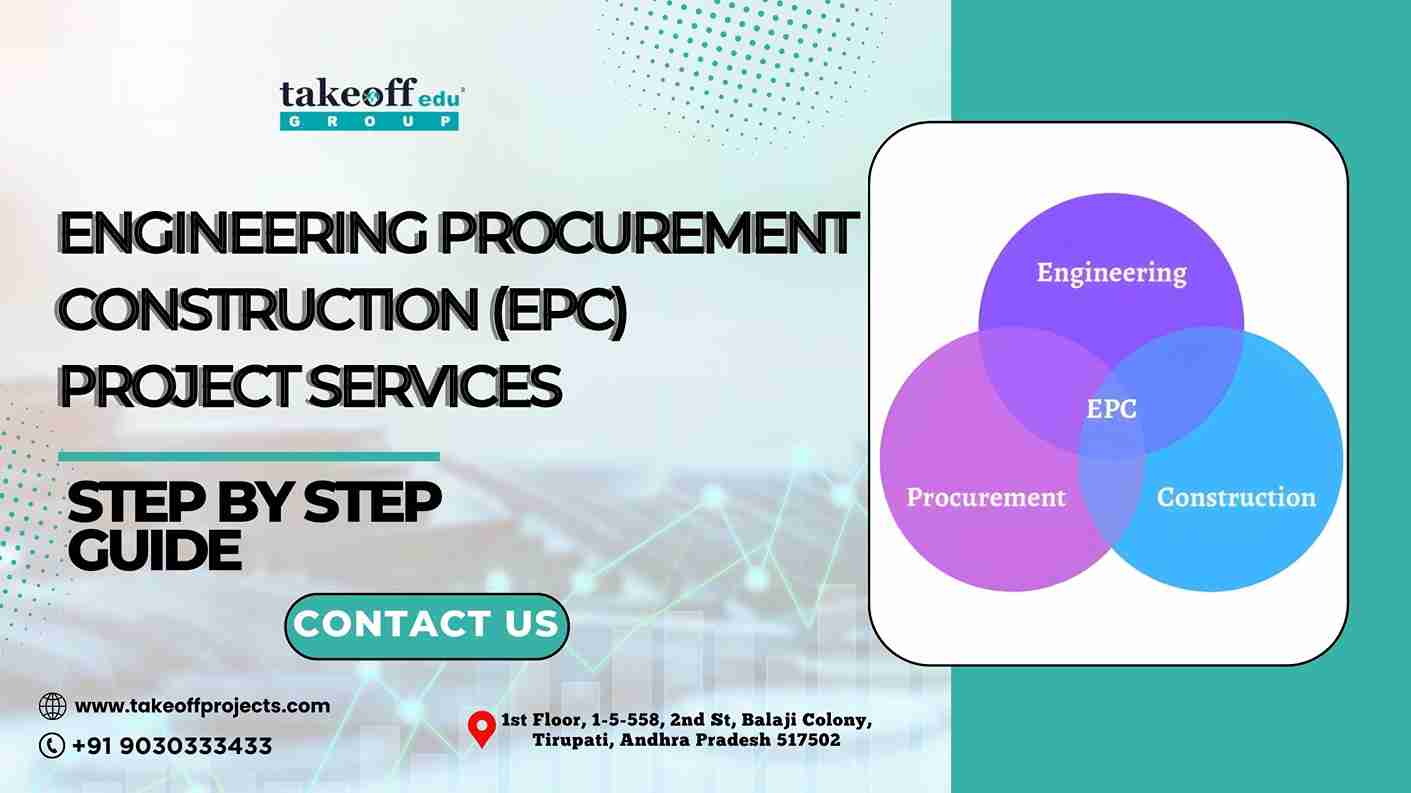 Engineering Procurement Construction (EPC) Project Services: Step By Step Guide
Engineering Procurement Construction (EPC) Project Services: Step By Step Guide 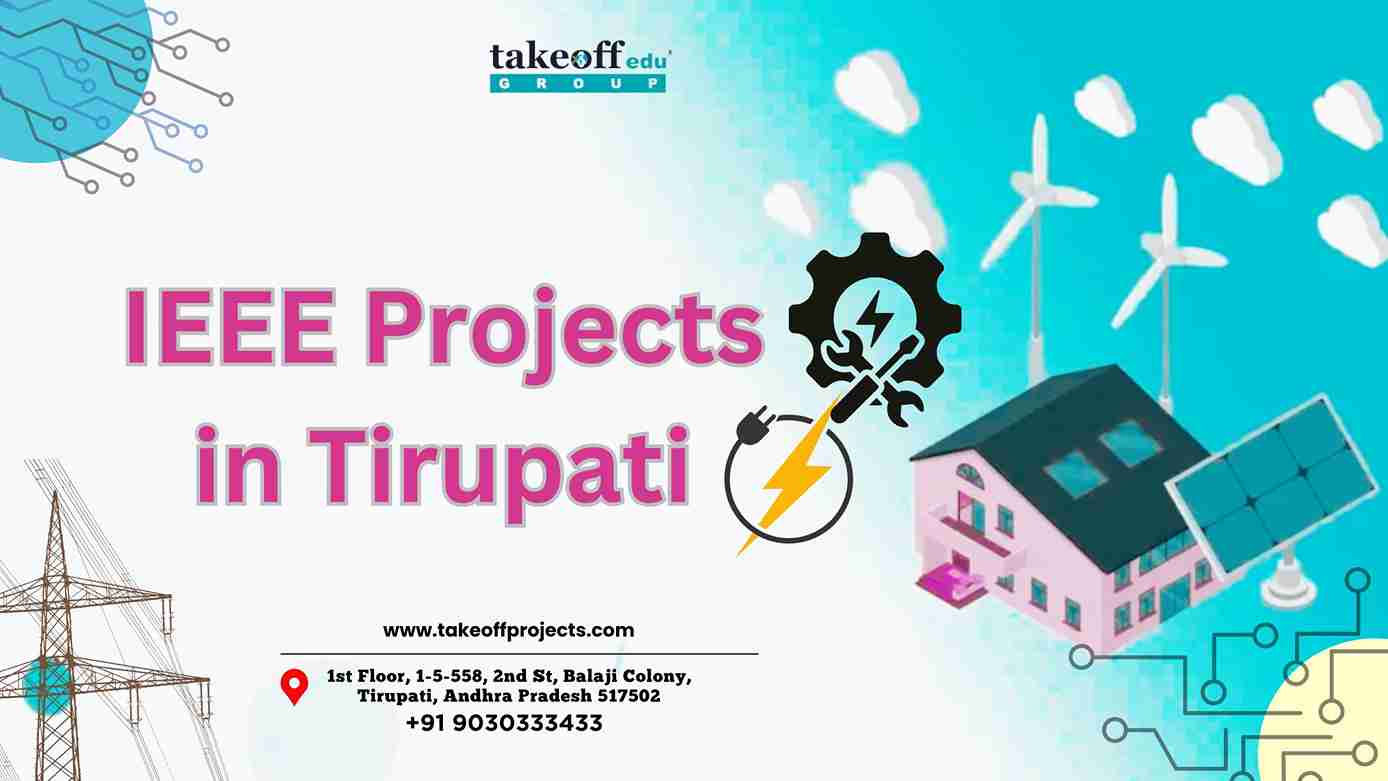 IEEE Projects in Tirupati
IEEE Projects in Tirupati 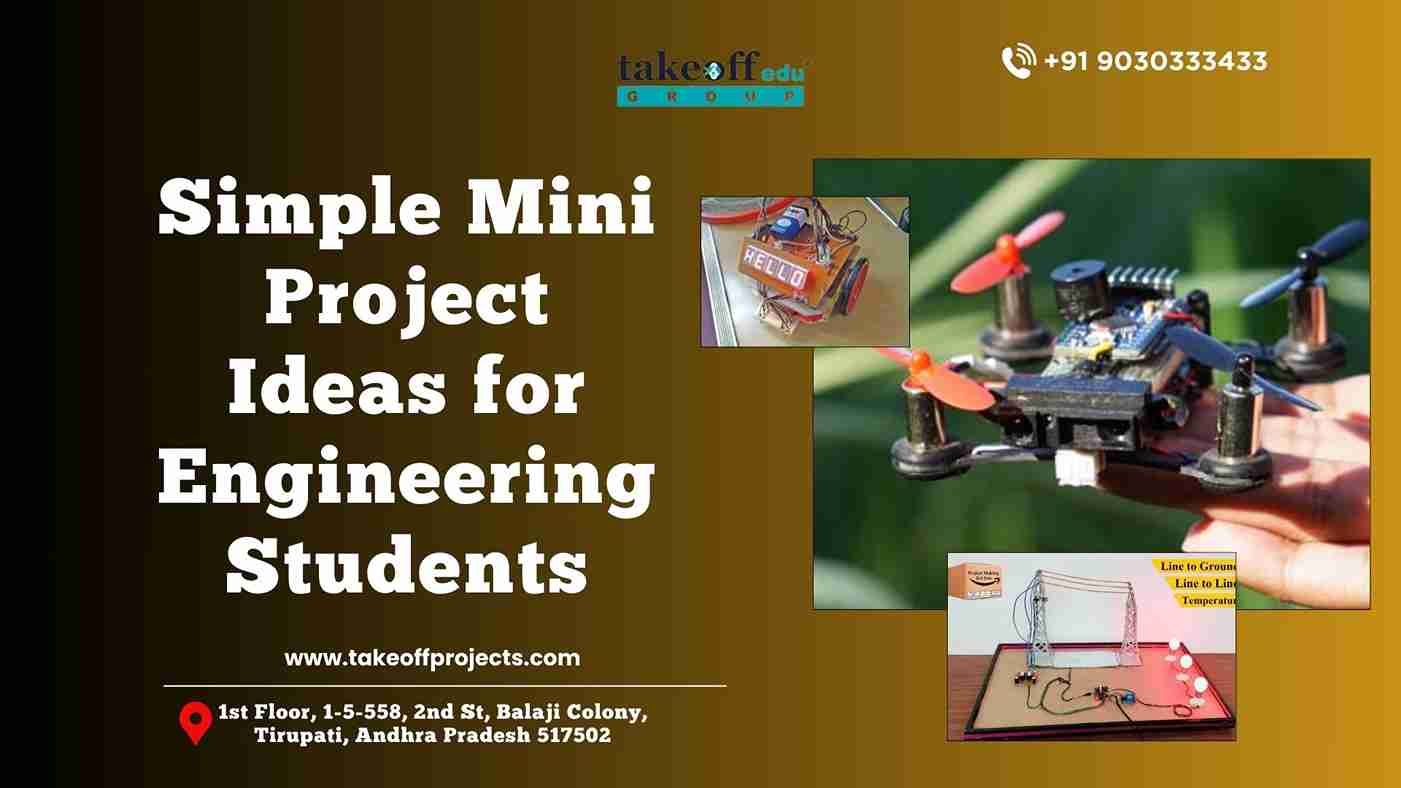 Simple Mini Project Ideas for Engineering Students
Simple Mini Project Ideas for Engineering Students 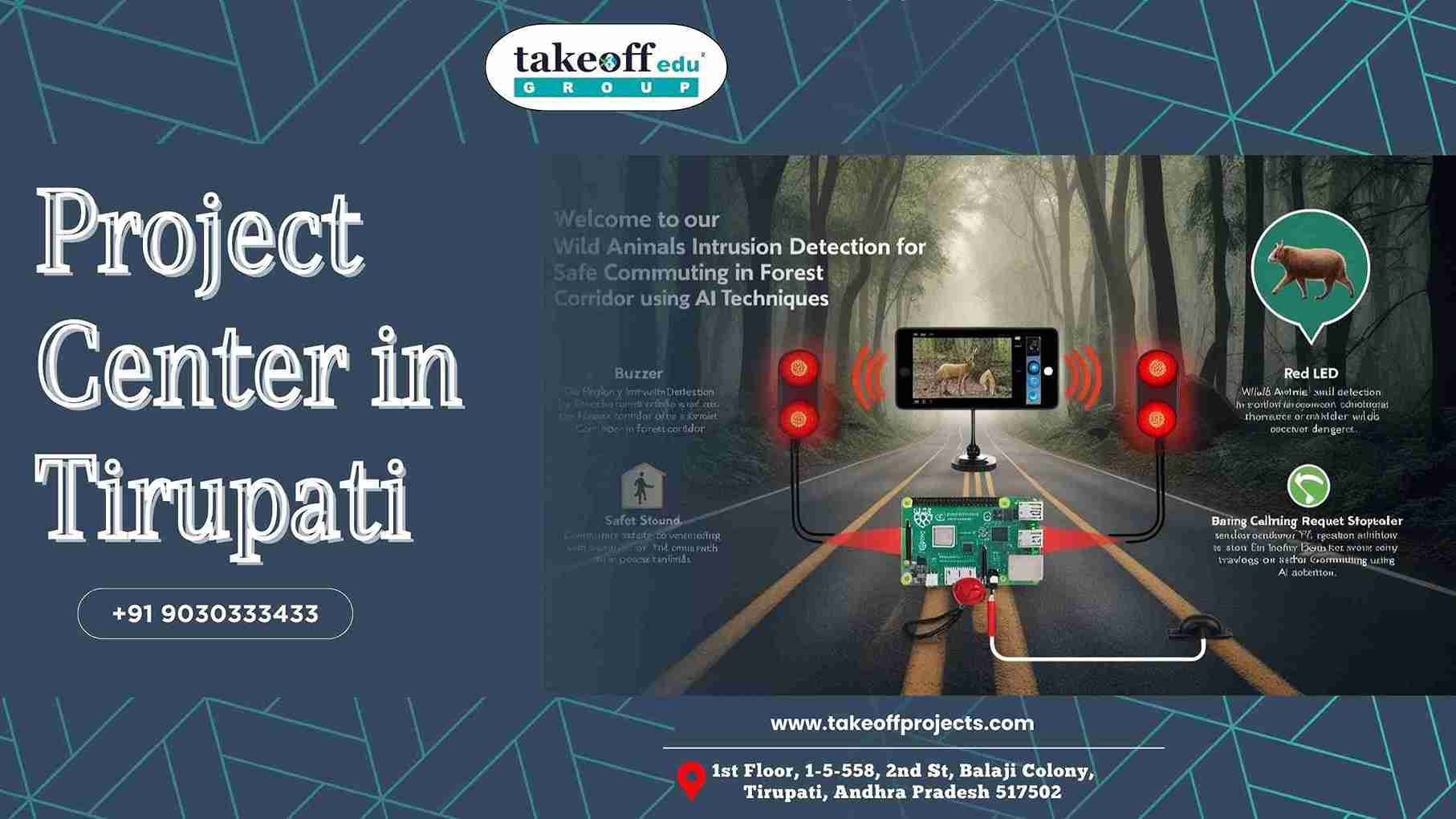 Project Center in Tirupati
Project Center in Tirupati  Top Engineering Project Consultants in Tirupati
Top Engineering Project Consultants in Tirupati 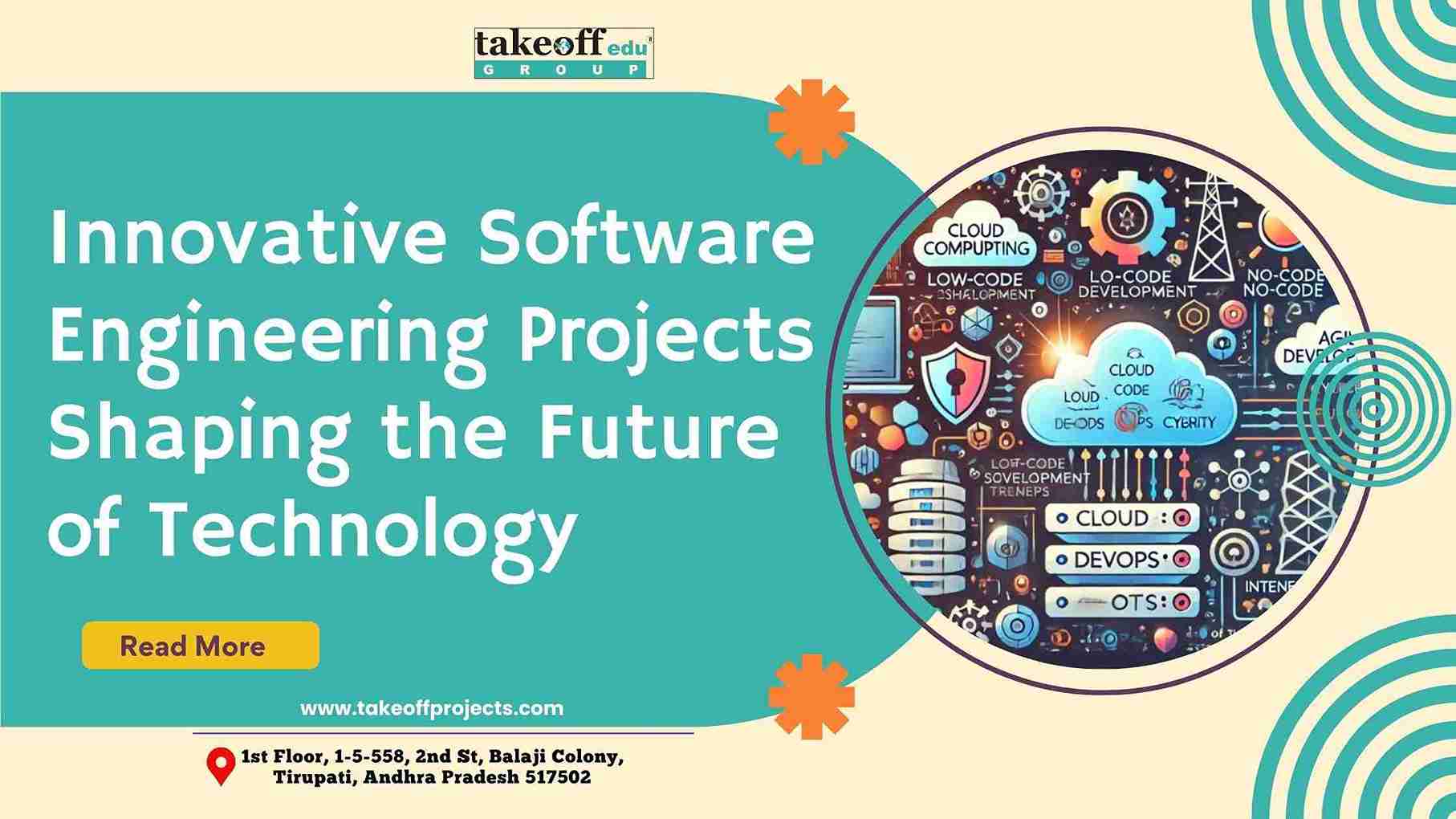 Innovative Software Engineering Projects: Shaping the Future of Technology
Innovative Software Engineering Projects: Shaping the Future of Technology 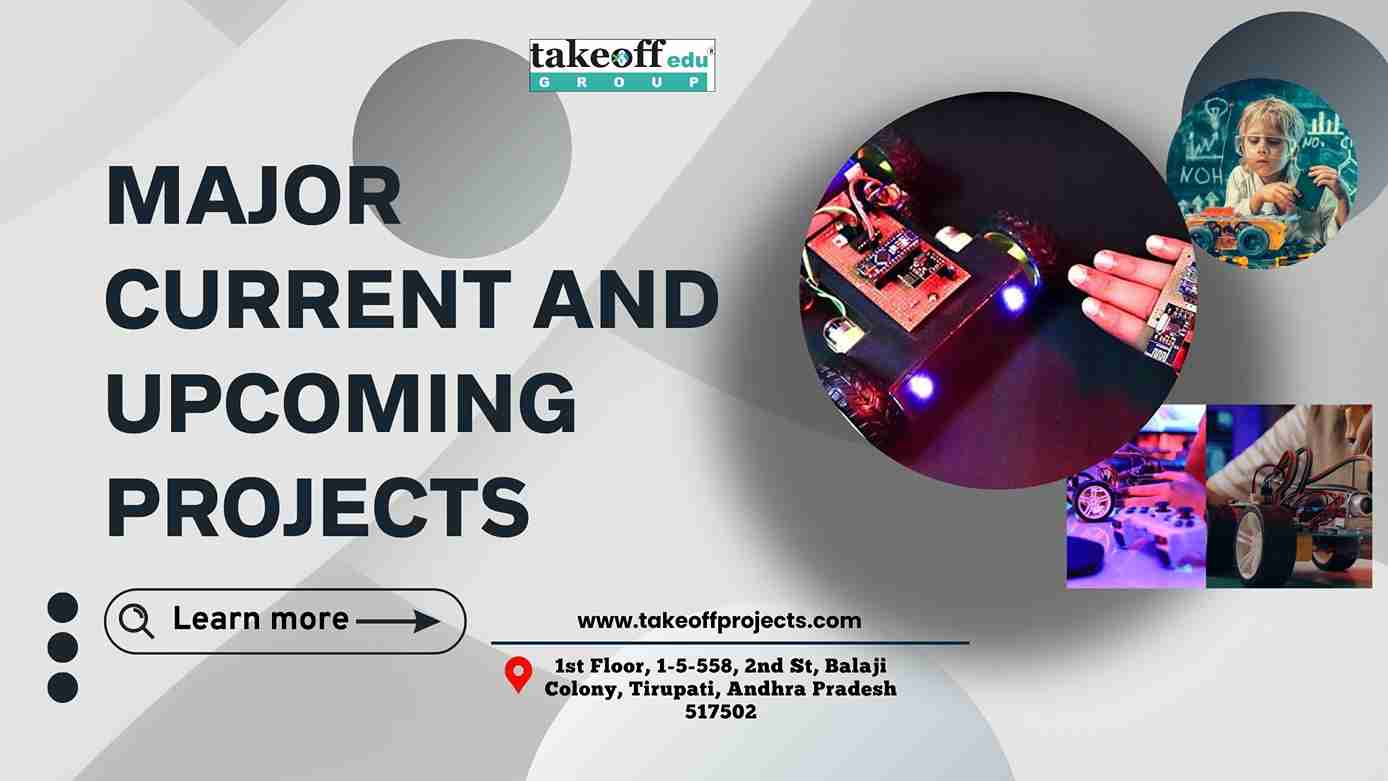 Major Current and Upcoming Projects
Major Current and Upcoming Projects 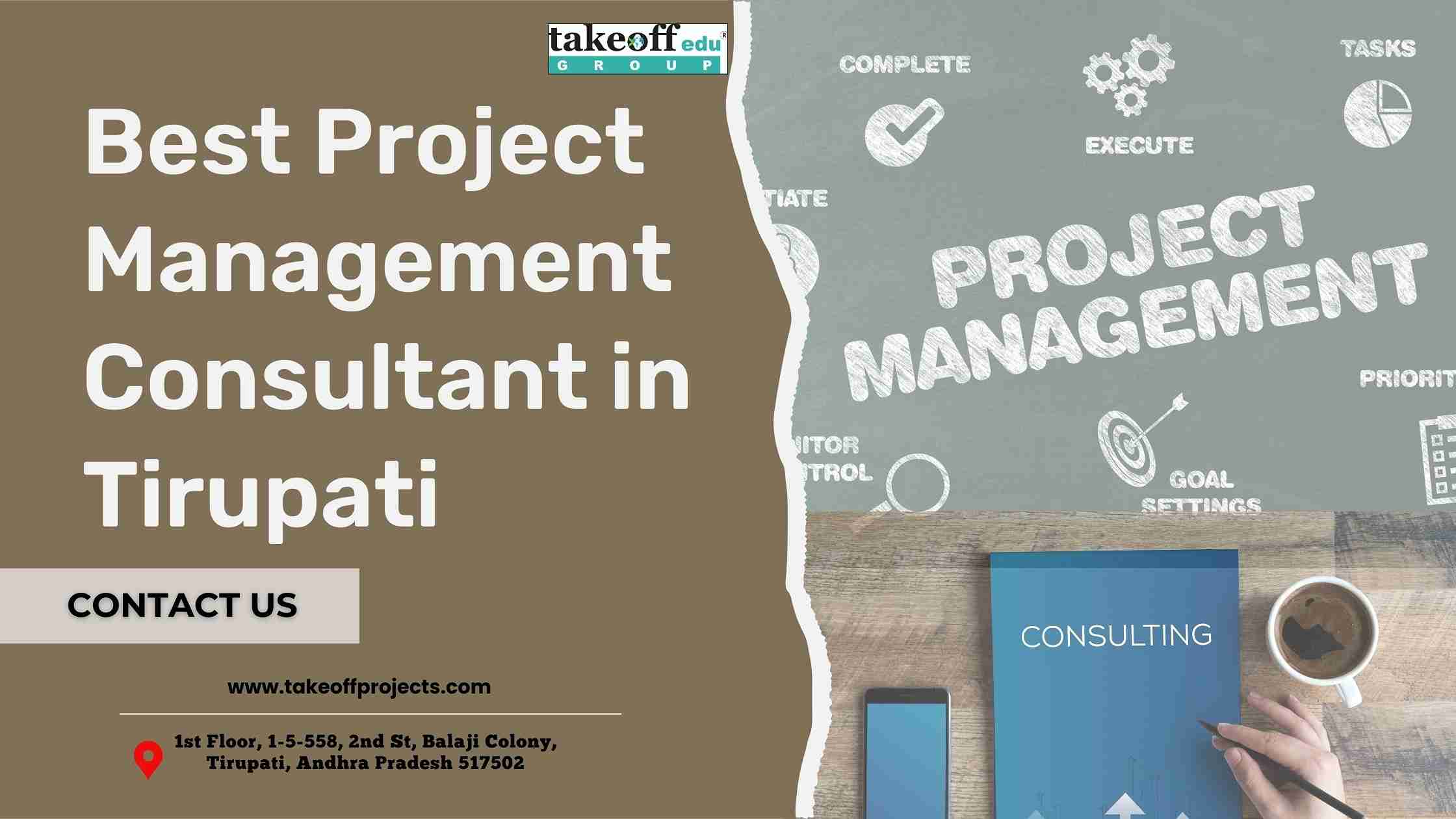 Best Project Management Consultant in Tirupati
Best Project Management Consultant in Tirupati  Top 10 Best Project Consultants in Andhra Pradesh
Top 10 Best Project Consultants in Andhra Pradesh  Best Project Consultancy in Tirupati
Best Project Consultancy in Tirupati  Advanced Technology Project Ideas in Chittoor
Advanced Technology Project Ideas in Chittoor  Top Final Year Project Provider in Tirupati
Top Final Year Project Provider in Tirupati 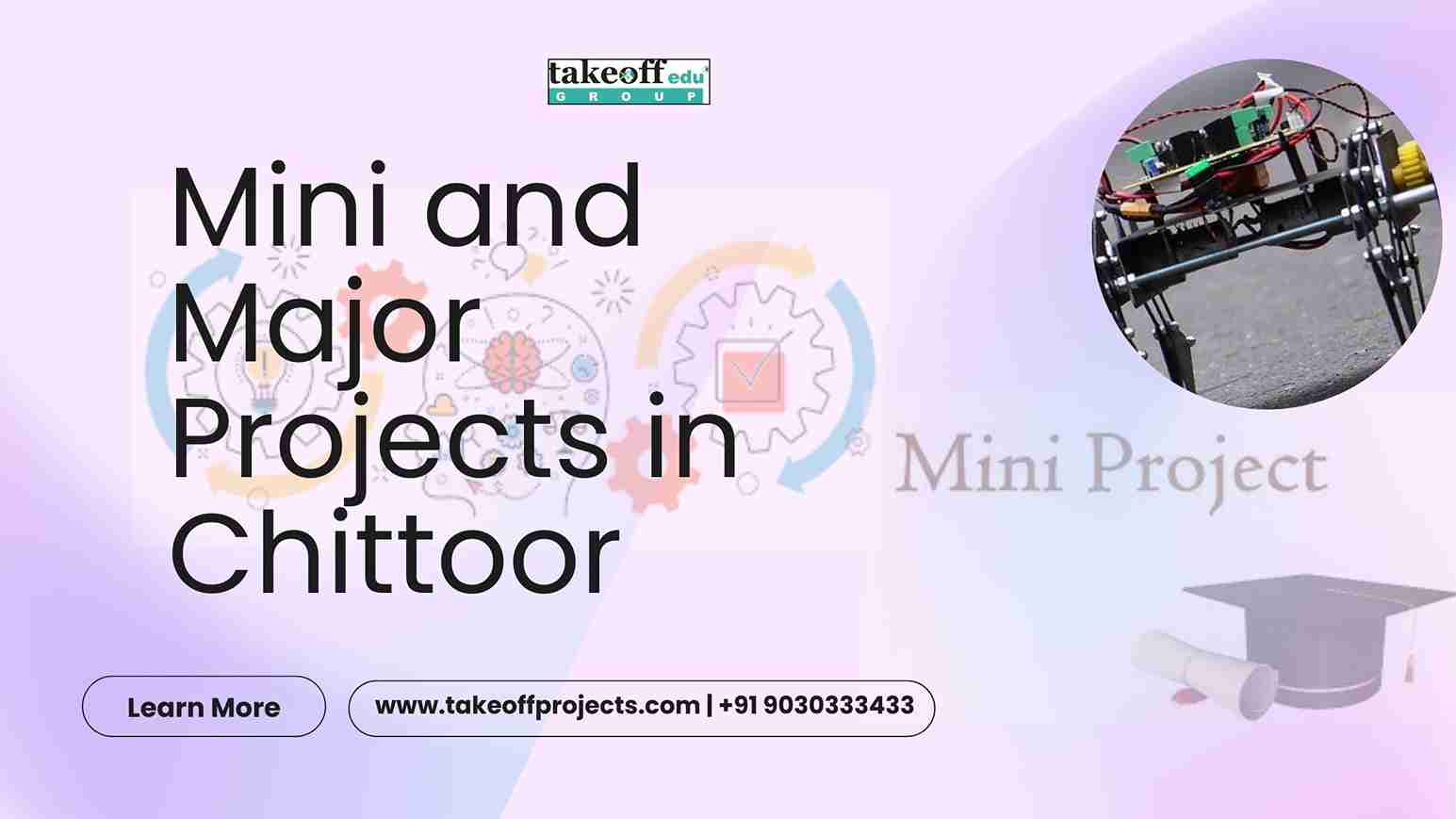 Mini and Major Projects in Chittoor
Mini and Major Projects in Chittoor 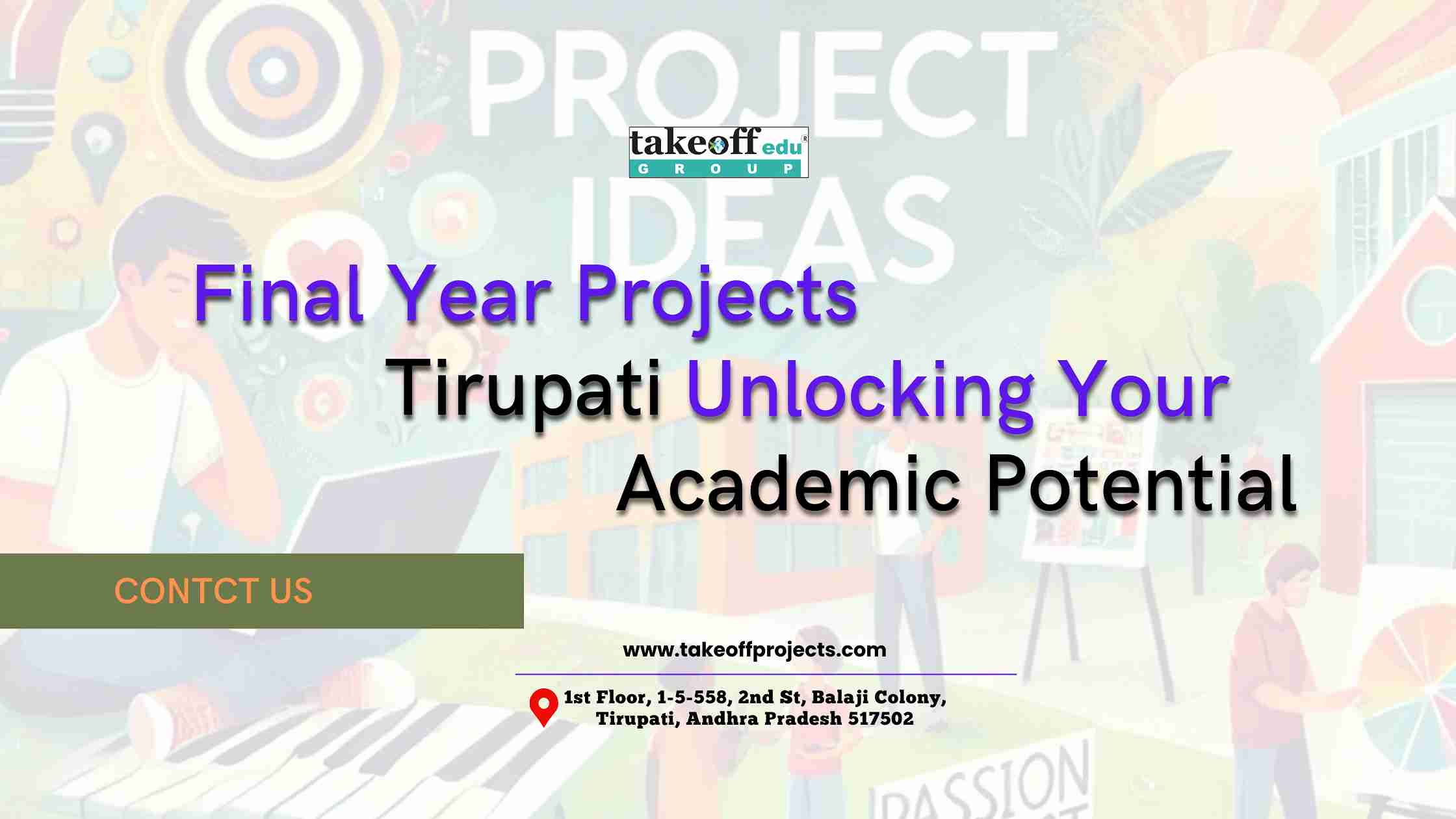 Final Year Projects in Tirupati: Unlocking Your Academic Potential
Final Year Projects in Tirupati: Unlocking Your Academic Potential  Affordable Academic Projects in India: A Gateway to Success
Affordable Academic Projects in India: A Gateway to Success 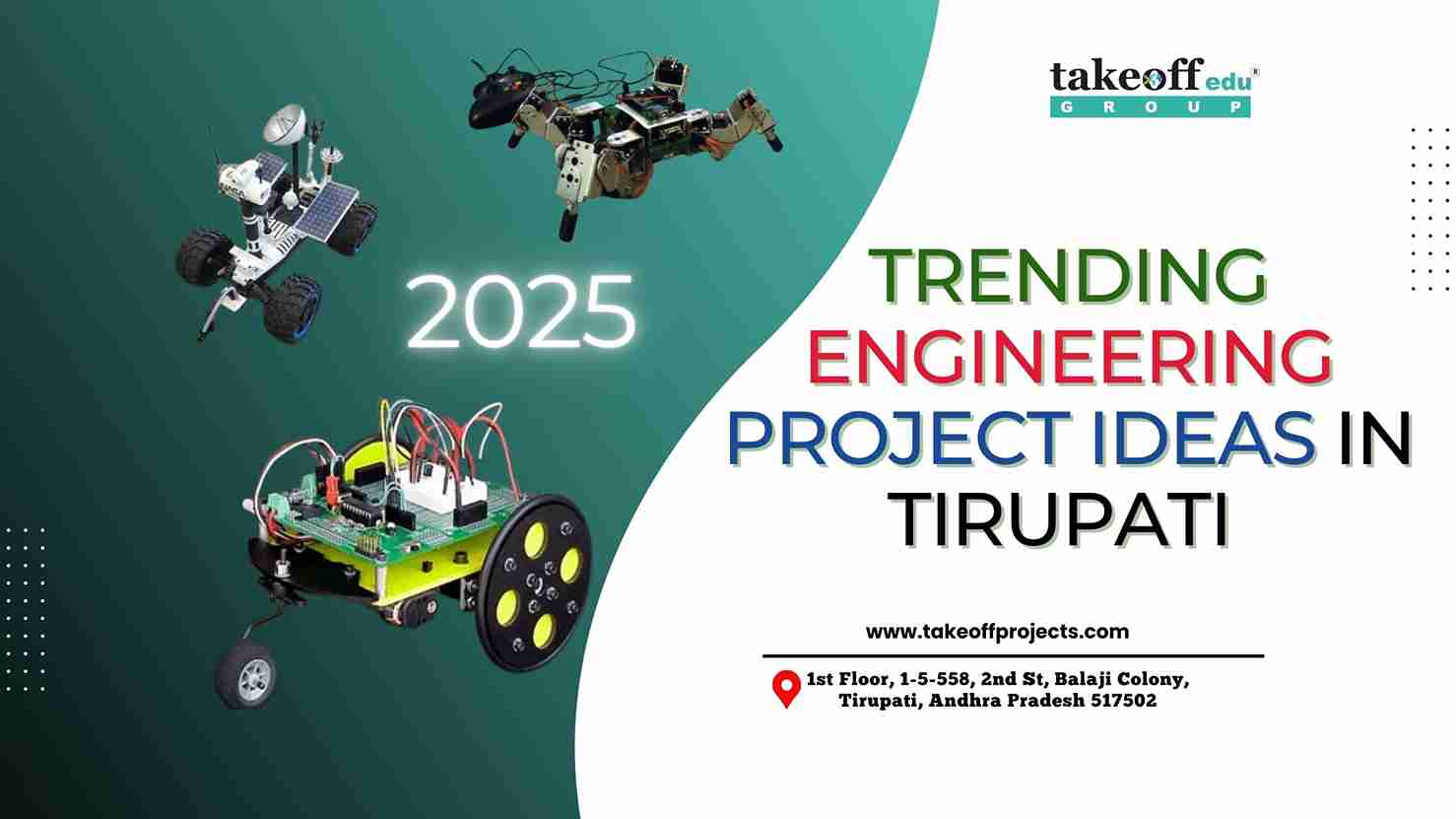 Trending Engineering Project Ideas in Tirupati 2025
Trending Engineering Project Ideas in Tirupati 2025 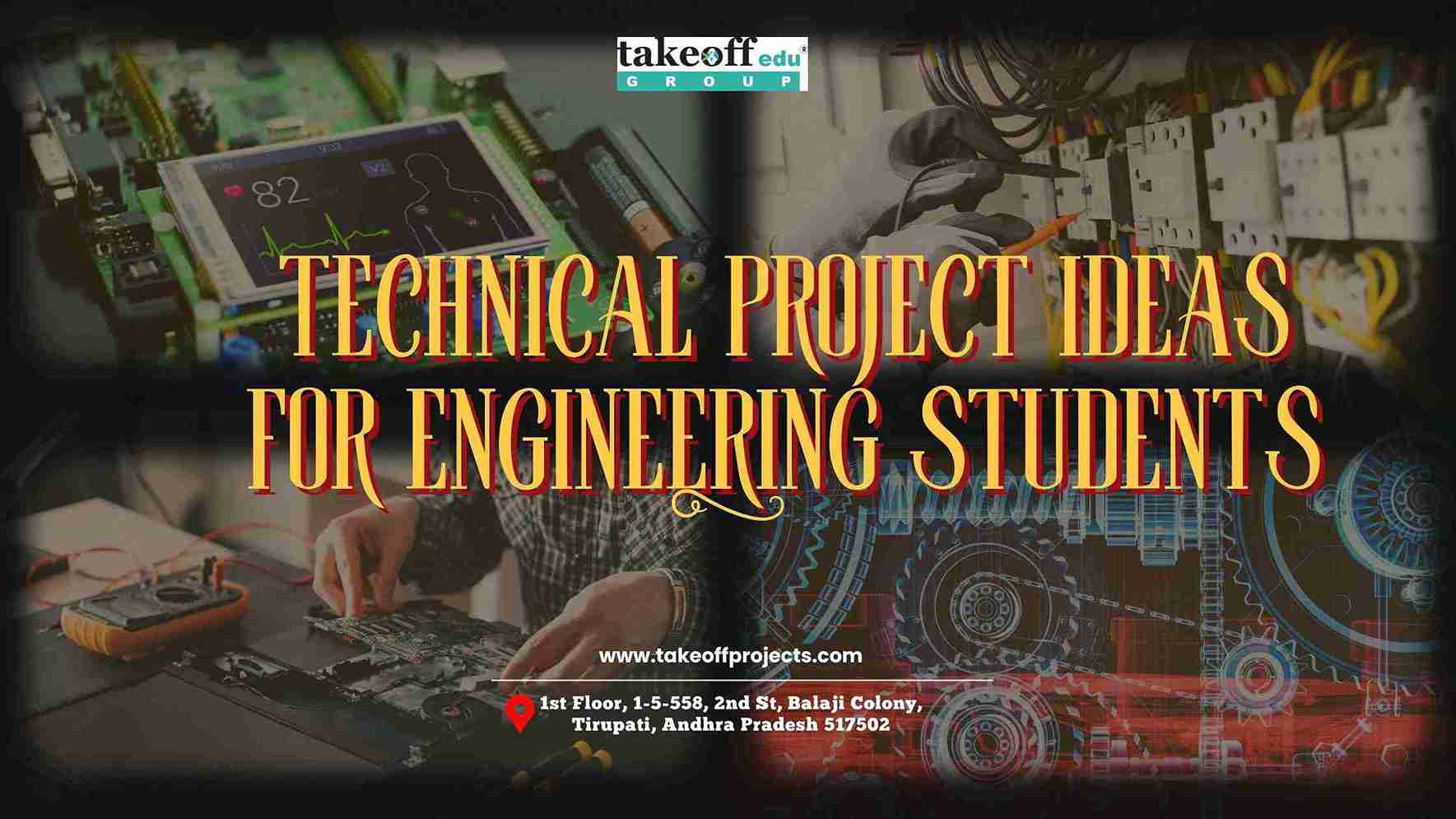 Technical Project ideas for engineering students
Technical Project ideas for engineering students  How Do I Choose A Project Topic Titles For Final Year Engineering Students?
How Do I Choose A Project Topic Titles For Final Year Engineering Students?  Find Best College Project Centers in Andhra Pradesh
Find Best College Project Centers in Andhra Pradesh 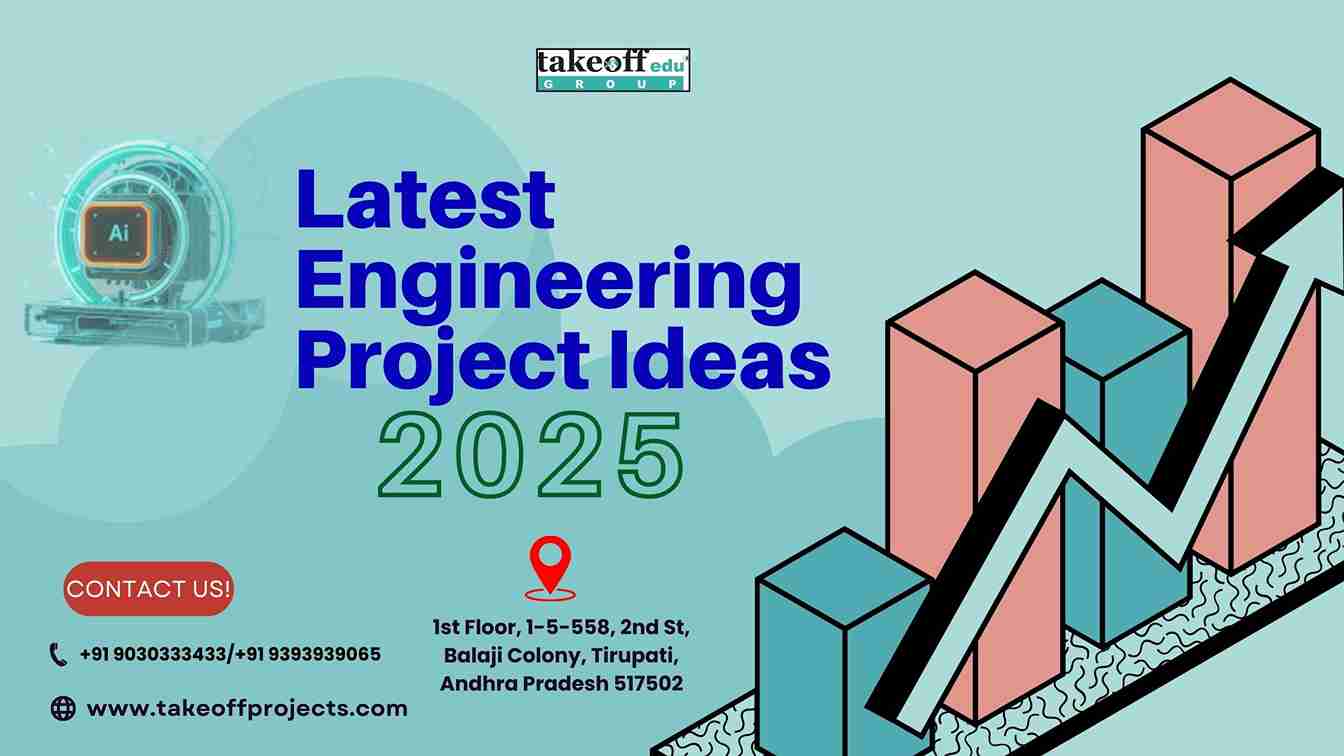 Latest Engineering Project Ideas for 2025
Latest Engineering Project Ideas for 2025 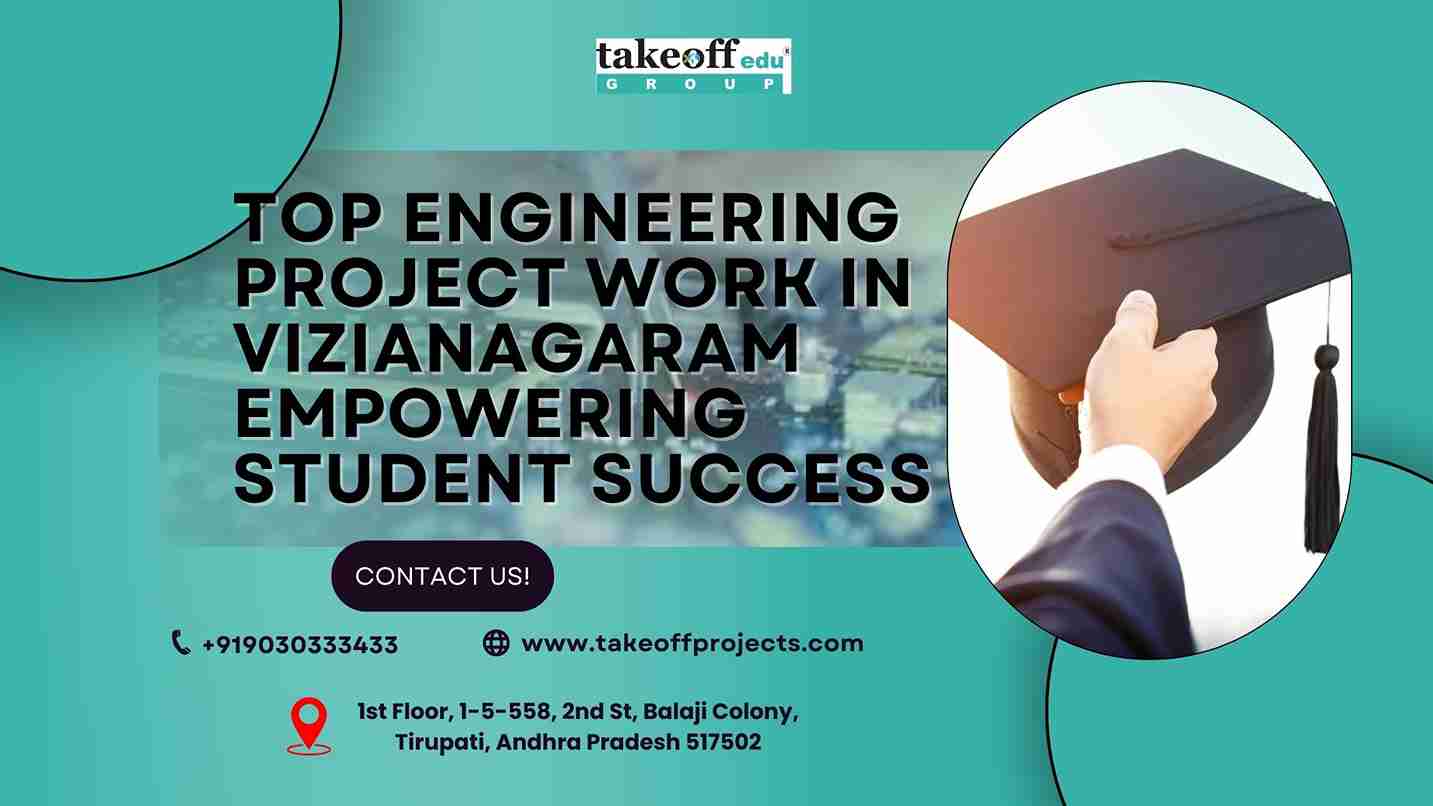 Top Engineering Project Work in Vizianagaram: Empowering Student Success
Top Engineering Project Work in Vizianagaram: Empowering Student Success 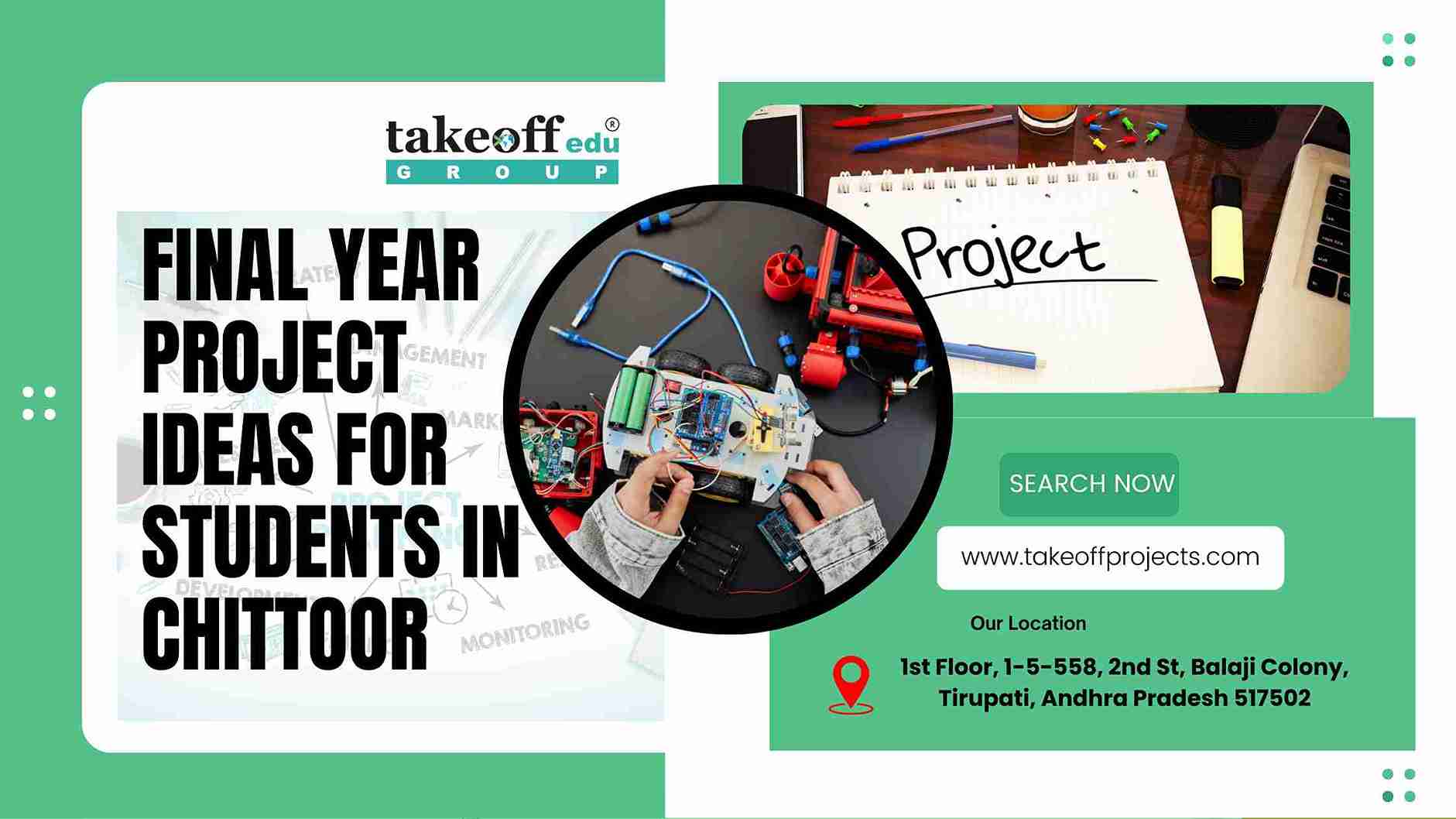 Final Year Project Ideas for Students in Chittoor
Final Year Project Ideas for Students in Chittoor  Project Ideas for College Students in Telangana
Project Ideas for College Students in Telangana 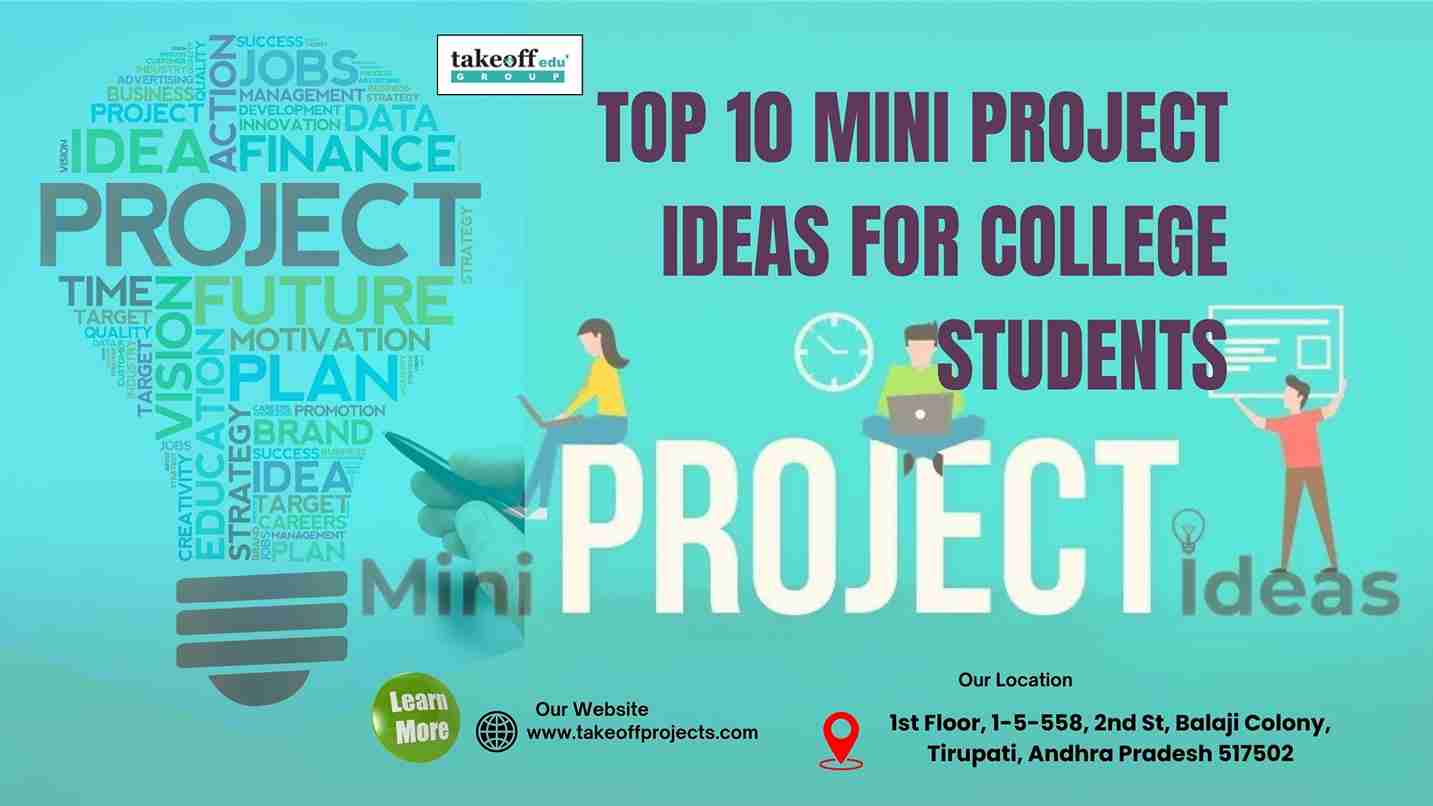 Top 10 Mini Project Ideas for College Students
Top 10 Mini Project Ideas for College Students 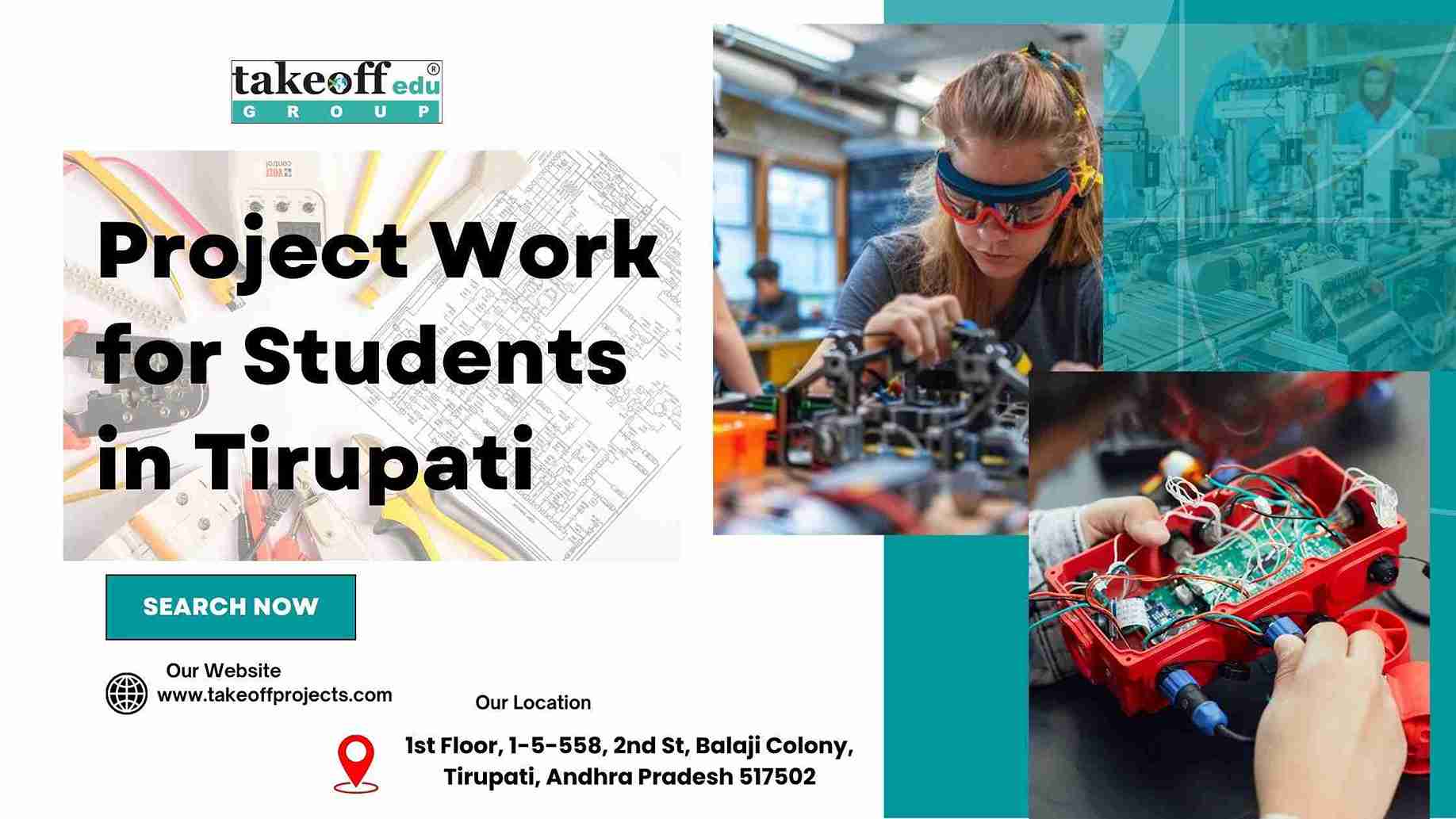 Project Work for Students in Tirupati
Project Work for Students in Tirupati 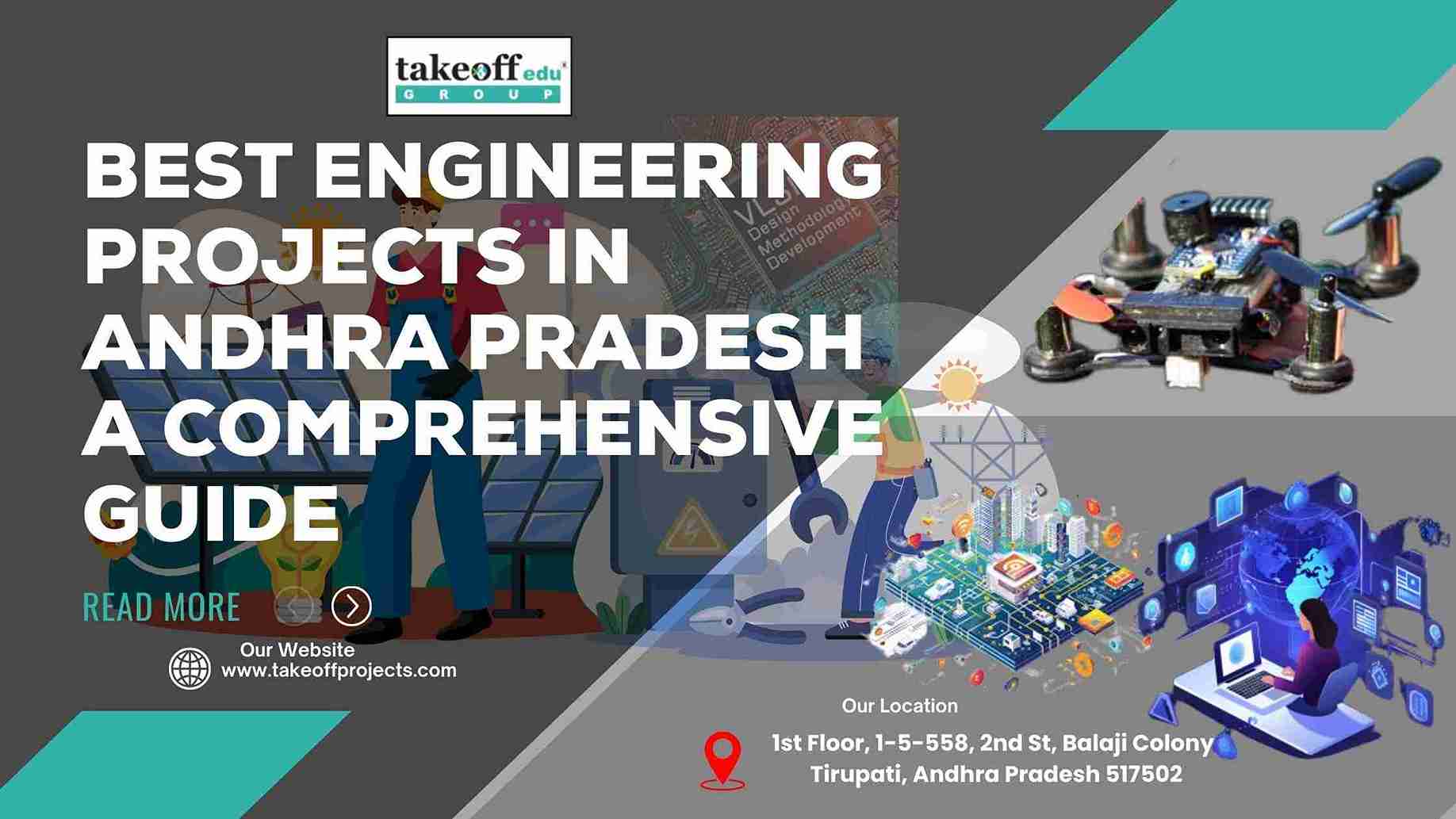 Best Engineering Projects in Andhra Pradesh: A Comprehensive Guide
Best Engineering Projects in Andhra Pradesh: A Comprehensive Guide 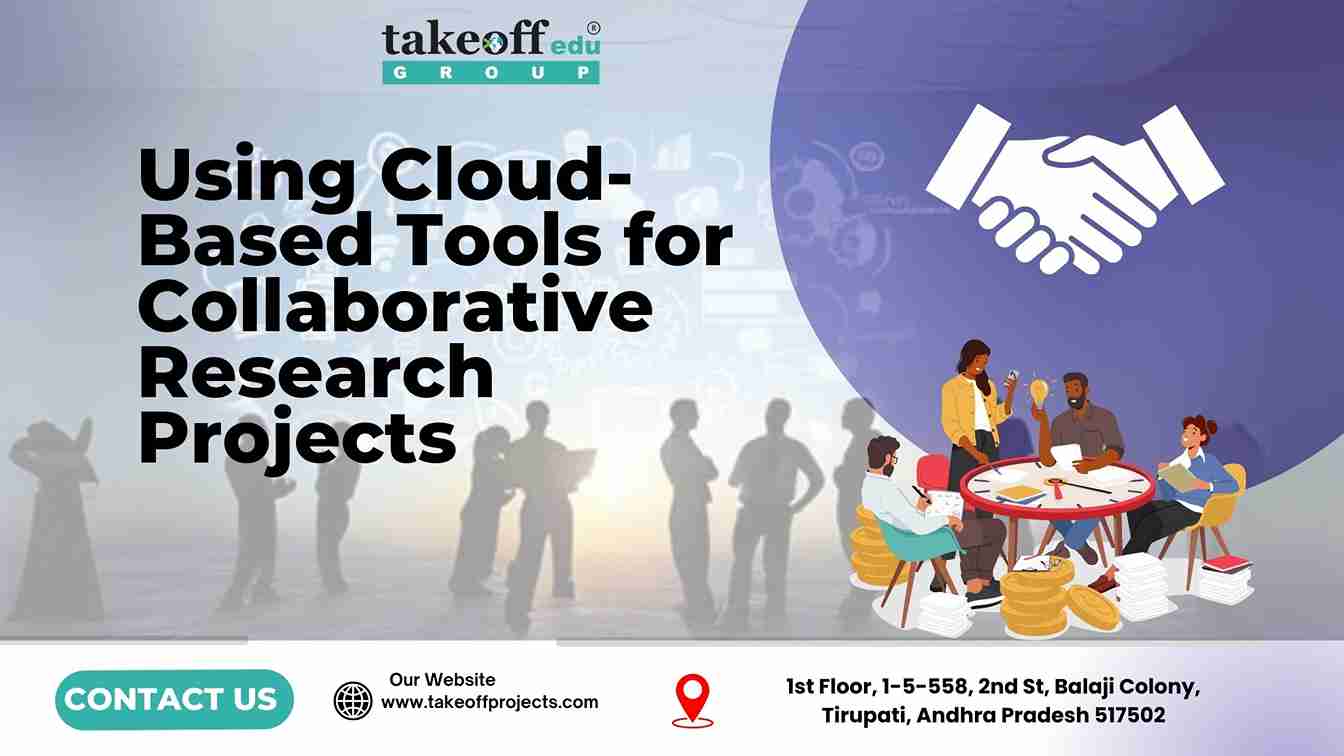 Using Cloud-Based Tools for Collaborative Research Projects
Using Cloud-Based Tools for Collaborative Research Projects  Advantages of Undergraduate Research Opportunities
Advantages of Undergraduate Research Opportunities  How to Prepare for Academic Research Conferences
How to Prepare for Academic Research Conferences  Understanding the Different Types of Academic Research
Understanding the Different Types of Academic Research 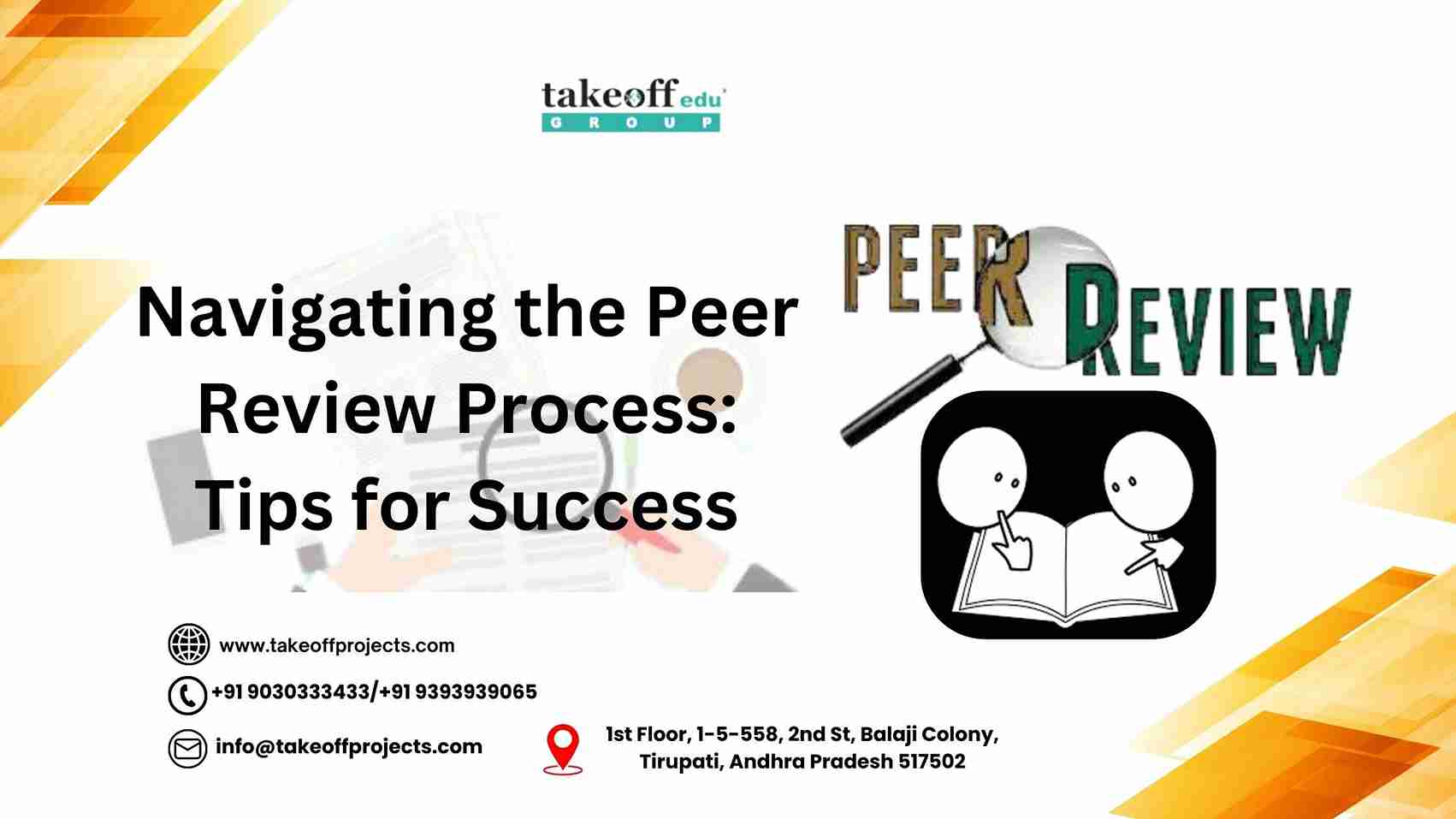 Navigating the Peer Review Process: Tips for Success
Navigating the Peer Review Process: Tips for Success  How to Write the Abstract for a Research Paper
How to Write the Abstract for a Research Paper  The Impact of Academic Research on Policy Making
The Impact of Academic Research on Policy Making 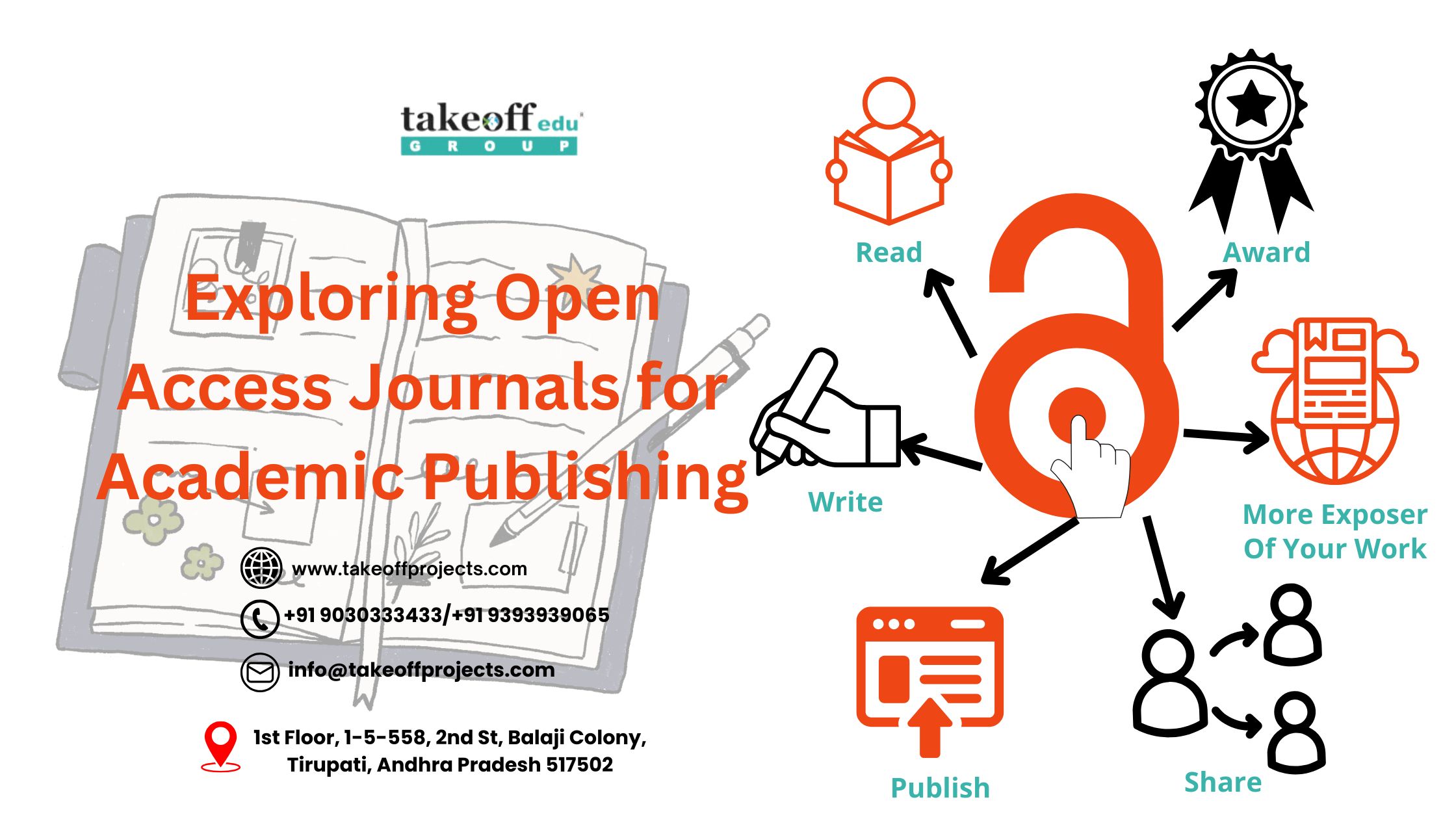 Exploring Open Access Journals for Academic Publishing
Exploring Open Access Journals for Academic Publishing  The Role of Academic Journals in Disseminating Research
The Role of Academic Journals in Disseminating Research  How to Balance Coursework and Research Projects: A Guide to Academic Success
How to Balance Coursework and Research Projects: A Guide to Academic Success 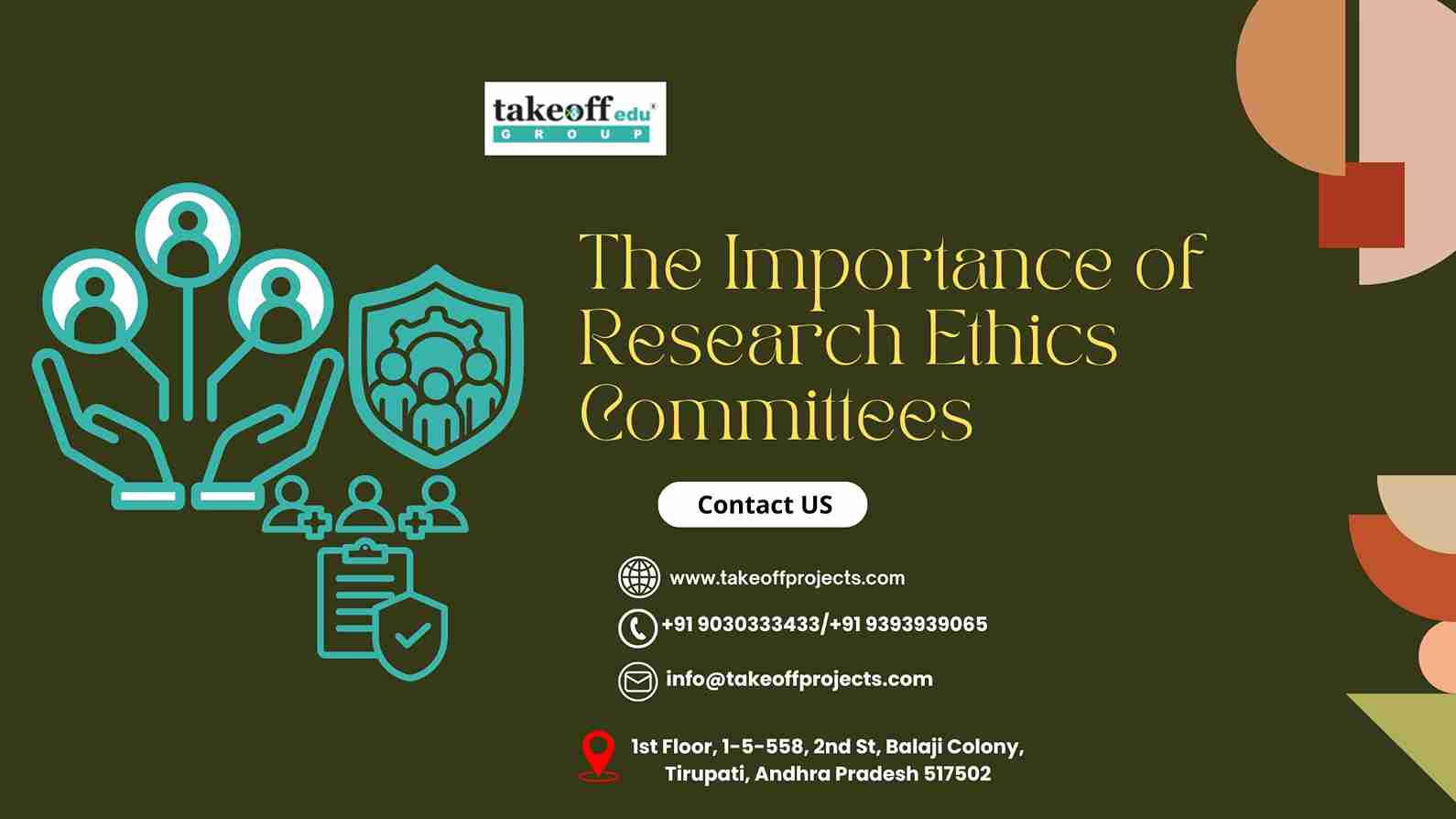 The Importance of Research Ethics Committees
The Importance of Research Ethics Committees  Innovative Teaching Methods to Support Academic Research Projects
Innovative Teaching Methods to Support Academic Research Projects  Creating Impactful Visual Aids for Research Presentations
Creating Impactful Visual Aids for Research Presentations  The Benefits of Peer Review in Academic Research
The Benefits of Peer Review in Academic Research  Surveys and Questionnaires are Effective in Academic Research
Surveys and Questionnaires are Effective in Academic Research  Importance of Documentation Record-Keeping in Academic Research
Importance of Documentation Record-Keeping in Academic Research 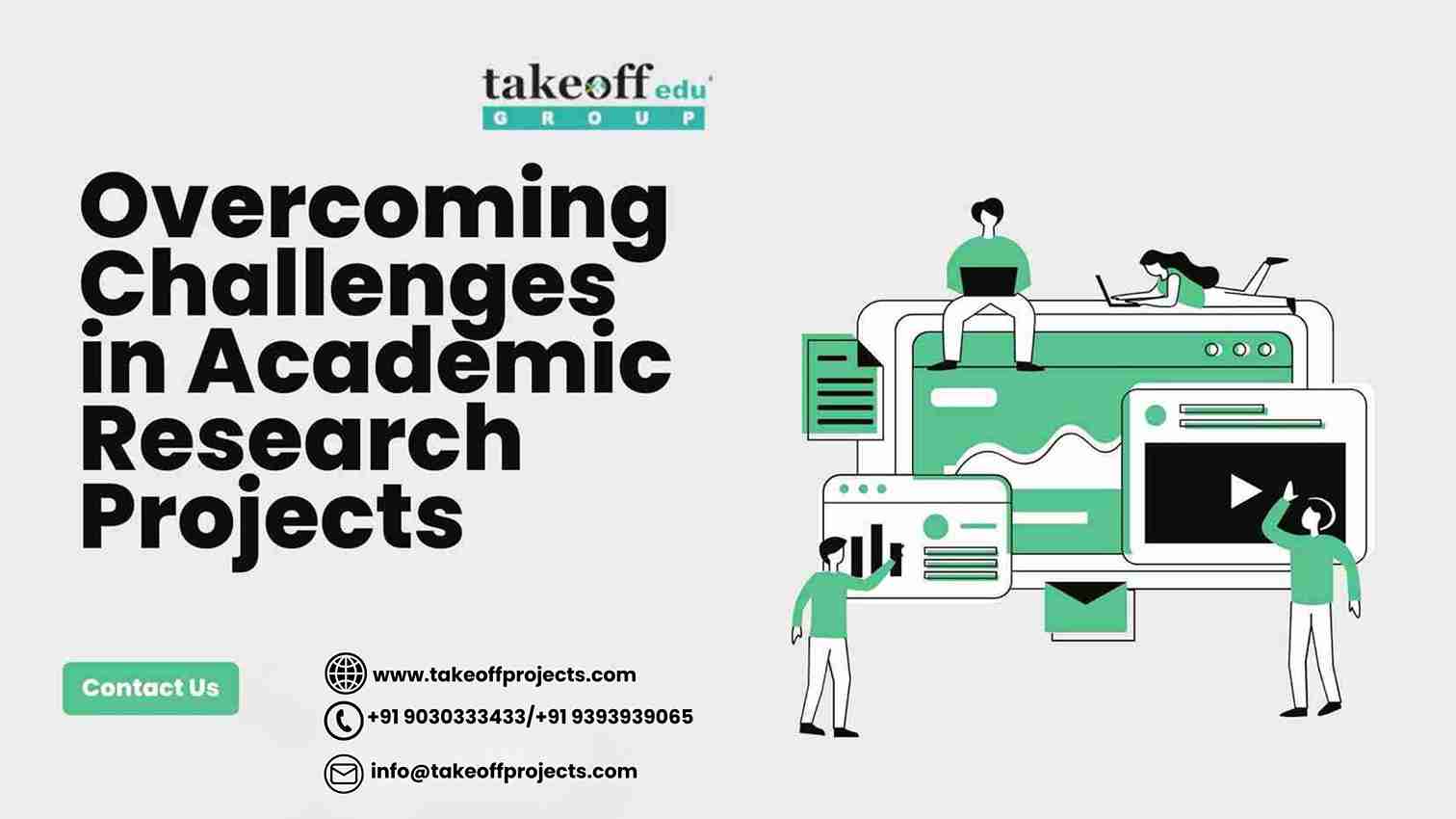 Overcoming Challenges in Academic Research Projects
Overcoming Challenges in Academic Research Projects  Leveraging Online Resources for Academic Research
Leveraging Online Resources for Academic Research 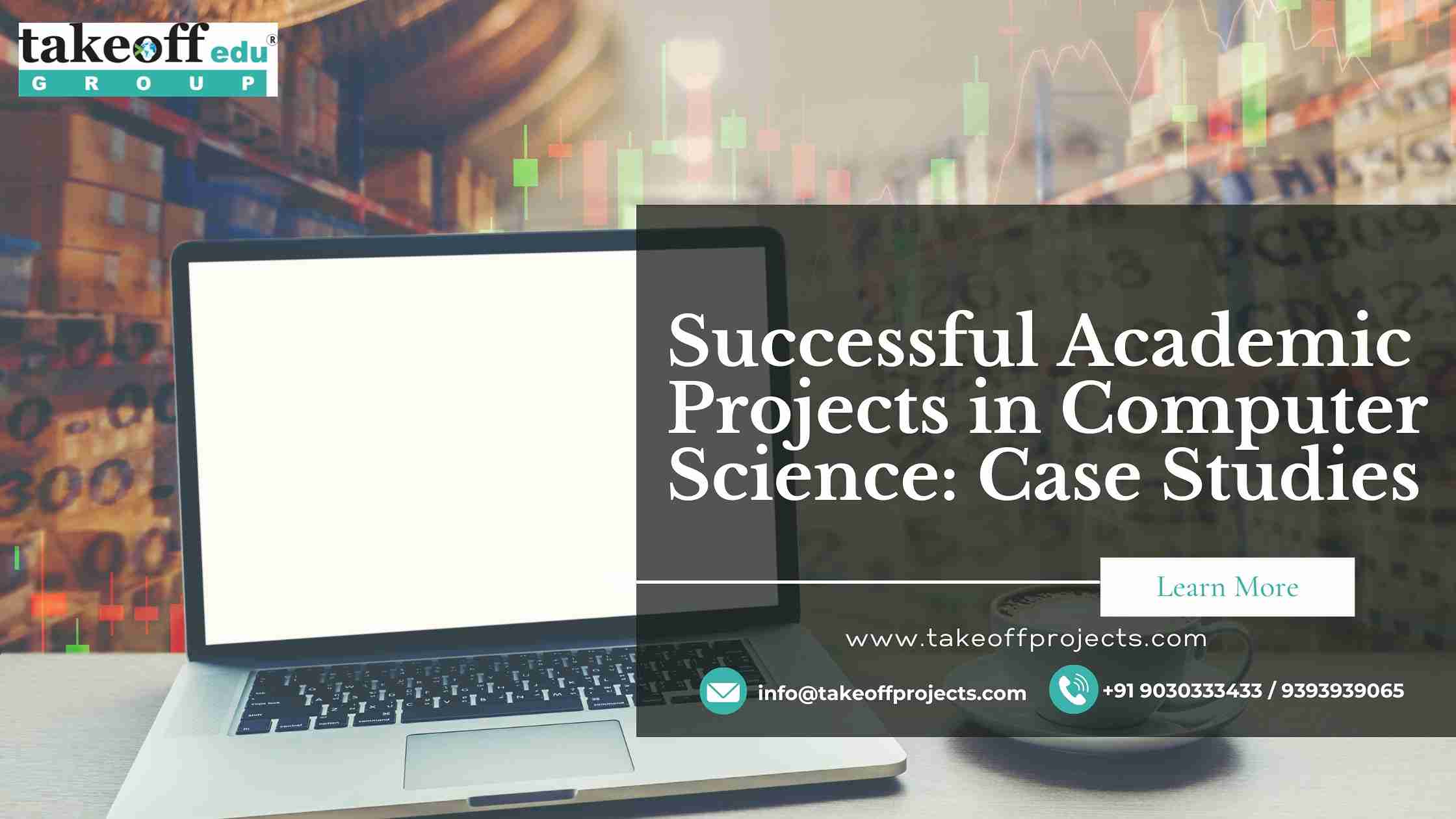 Successful Academic Projects in Computer Science: Case Studies
Successful Academic Projects in Computer Science: Case Studies  Building a Research Network: The Importance of Conferences and Workshops
Building a Research Network: The Importance of Conferences and Workshops  How Technology Affects Academic Research?
How Technology Affects Academic Research? 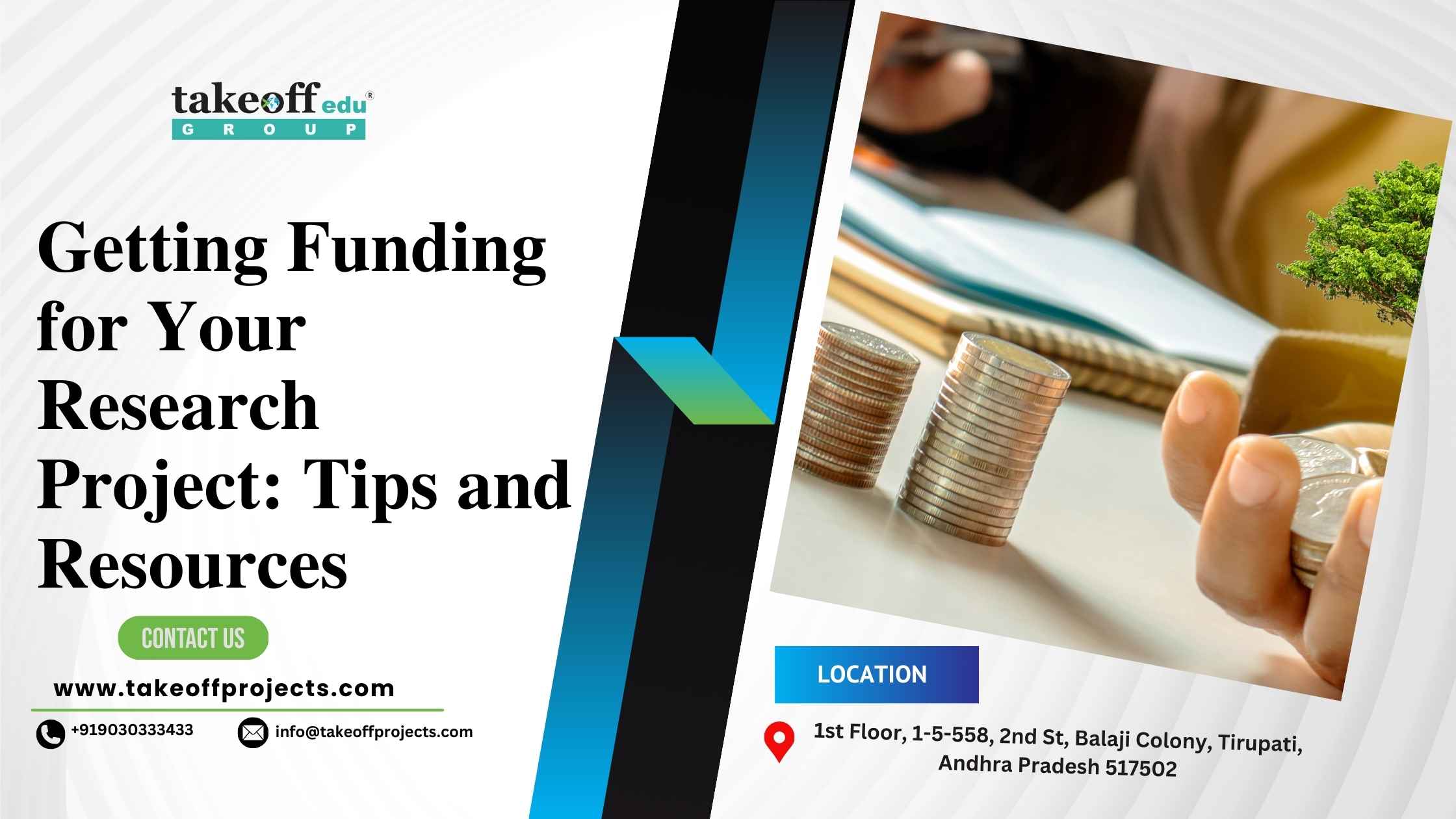 Getting Funding for Your Research Project: Tips and Resources
Getting Funding for Your Research Project: Tips and Resources  Time Management Strategies for Academic Researchers
Time Management Strategies for Academic Researchers  Ethical Considerations in Academic Research
Ethical Considerations in Academic Research  How to Write and Publishing Your Academic Paper?
How to Write and Publishing Your Academic Paper?  Analyzing Research Data: Effective Techniques in Engineering Projects
Analyzing Research Data: Effective Techniques in Engineering Projects 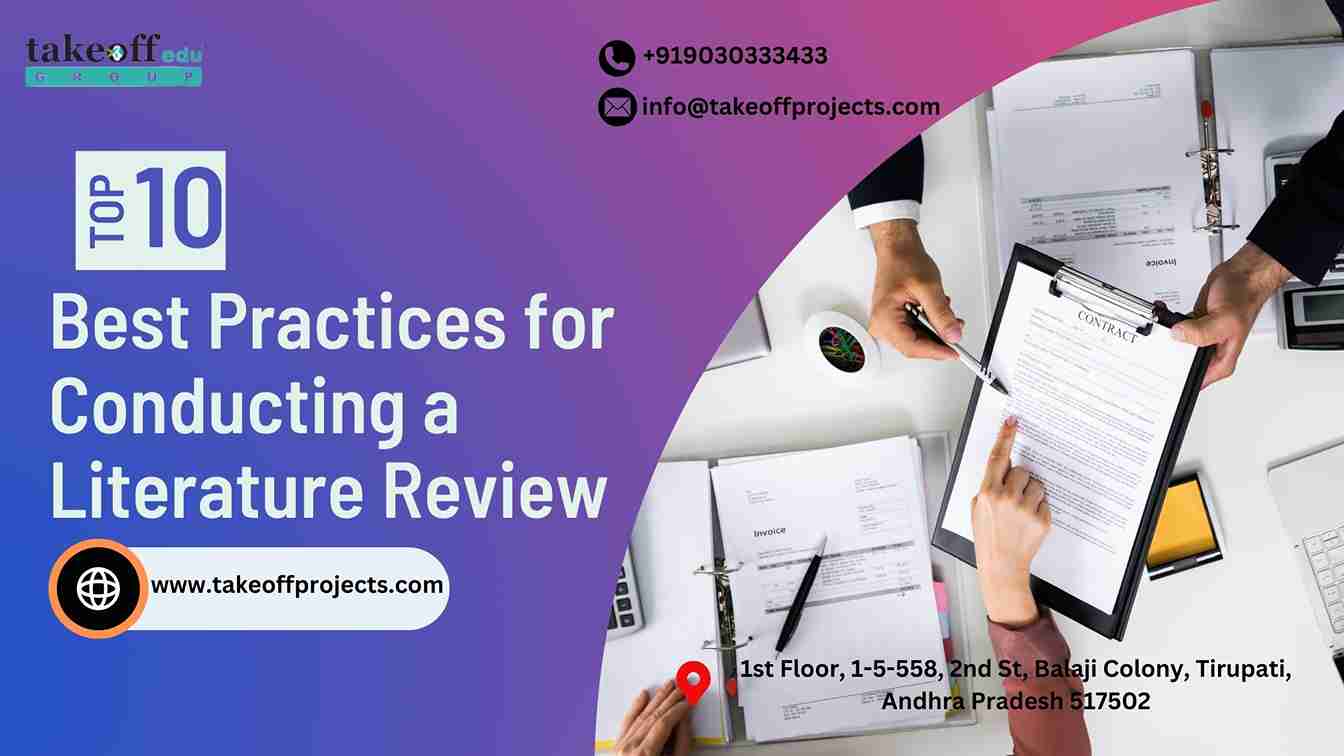 Best Practices for Conducting a Literature Review
Best Practices for Conducting a Literature Review  Writing a Winning Student Research Proposal: A Step-by-Step Guide
Writing a Winning Student Research Proposal: A Step-by-Step Guide  Project Management for Academic Research: Tools and Techniques
Project Management for Academic Research: Tools and Techniques  How to Choose the Perfect Academic Project Topic?
How to Choose the Perfect Academic Project Topic?  Presenting Final Year Project to Your Supervisor
Presenting Final Year Project to Your Supervisor  Trending Engineering Projects in 2024 Future-Ready
Trending Engineering Projects in 2024 Future-Ready  Innovative Renewable Energy Project Ideas
Innovative Renewable Energy Project Ideas  How Engineering Projects Ideas to contribute your academic year?
How Engineering Projects Ideas to contribute your academic year?  Latest Engineering Projects in 2024
Latest Engineering Projects in 2024 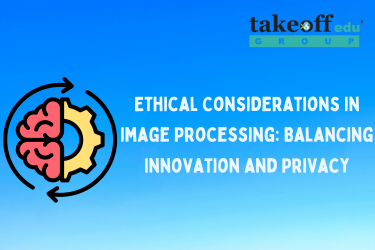 Ethical Considerations in Image Processing: Balancing Innovation and Privacy
Ethical Considerations in Image Processing: Balancing Innovation and Privacy  From Pixels to Insights A Journey into Image Enhancement Algorithms
From Pixels to Insights A Journey into Image Enhancement Algorithms 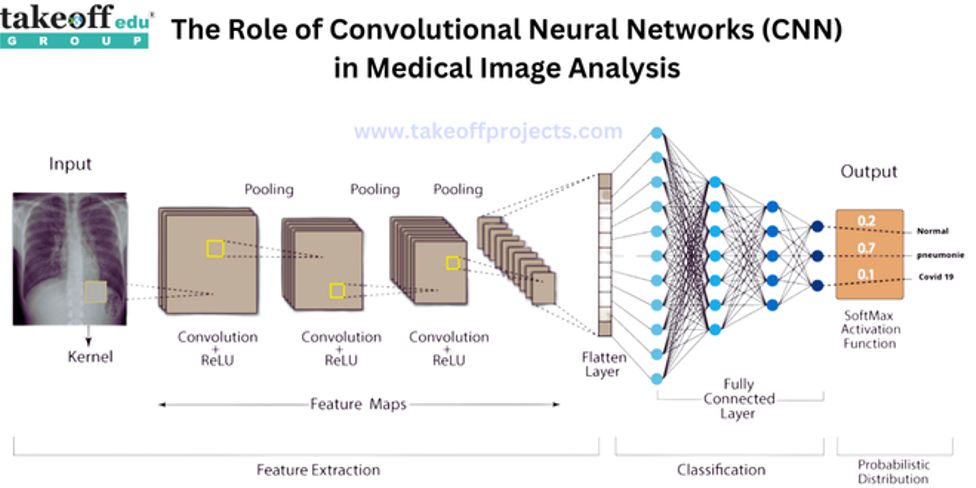 The Role of Convolutional Neural Networks in Medical Image Analysis
The Role of Convolutional Neural Networks in Medical Image Analysis 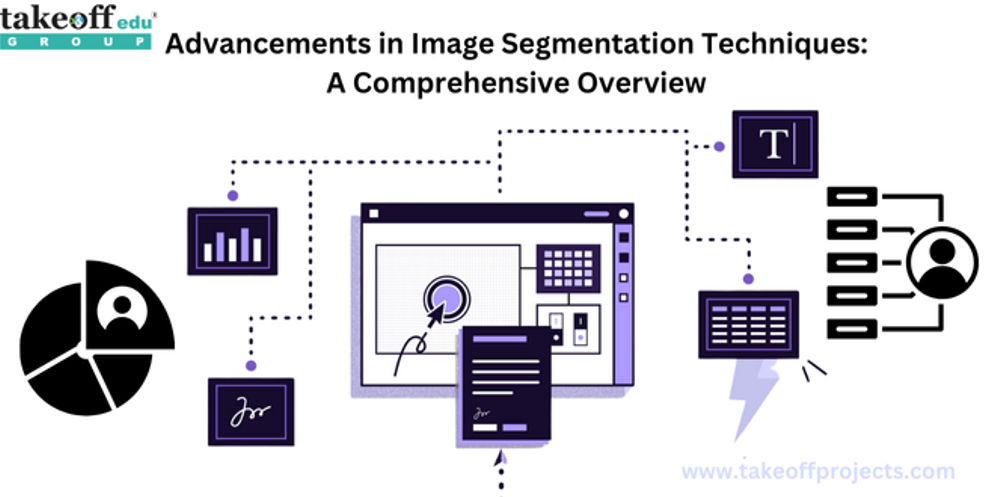 Advancements in Image Segmentation Techniques: A Comprehensive Overview
Advancements in Image Segmentation Techniques: A Comprehensive Overview 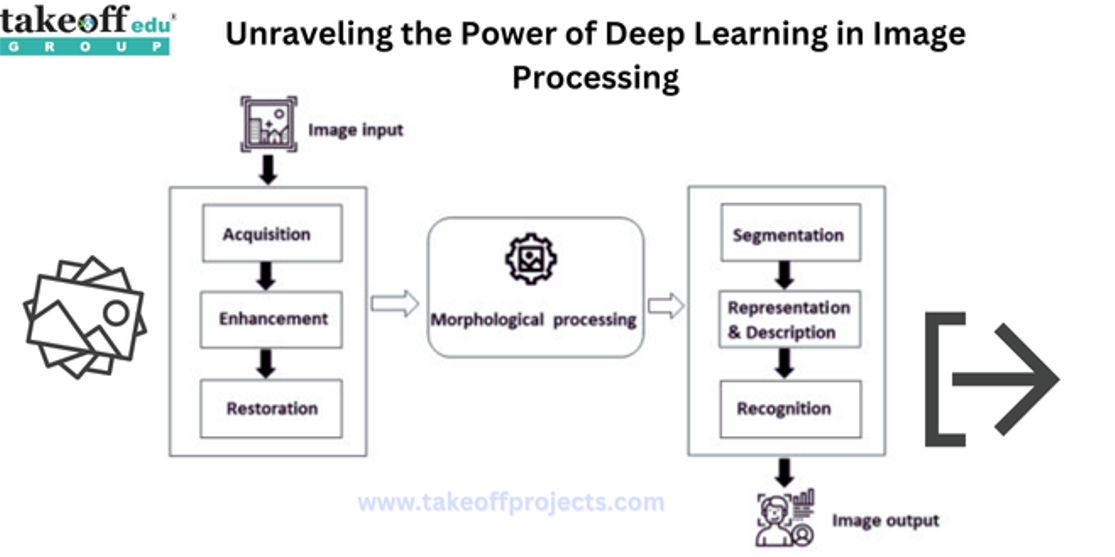 Unraveling the Power of Deep Learning in Image Processing
Unraveling the Power of Deep Learning in Image Processing  Importance of Final Year Projects for Students
Importance of Final Year Projects for Students  How to Present Your Final Year Project to Your Supervisor?
How to Present Your Final Year Project to Your Supervisor?  How to Choose the Right Final Year Project Topic?
How to Choose the Right Final Year Project Topic?  Common Mistakes to Avoid on Your Final Year Project
Common Mistakes to Avoid on Your Final Year Project 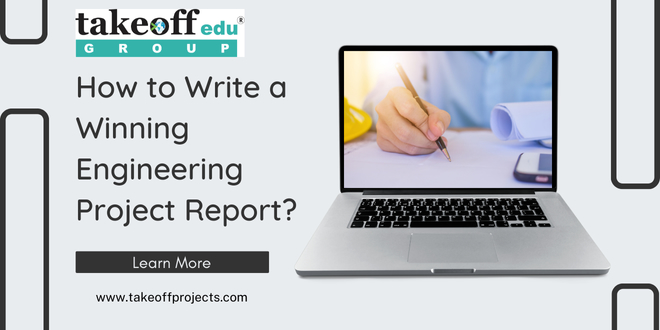 How to Write a Winning Engineering Project Report?
How to Write a Winning Engineering Project Report? 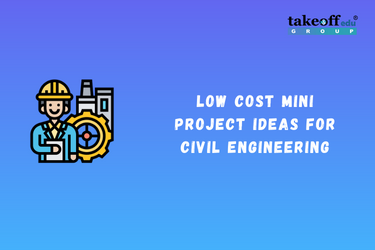 Low Cost Mini Projects Ideas for Civil Engineering
Low Cost Mini Projects Ideas for Civil Engineering  Low Cost Mini Project Ideas for Mechanical Engineering
Low Cost Mini Project Ideas for Mechanical Engineering 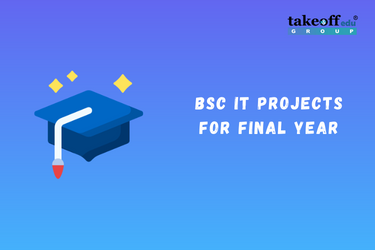 BSc IT Projects for Final Year
BSc IT Projects for Final Year 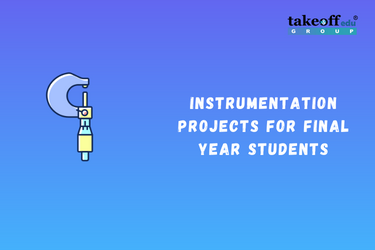 Instrumentation Projects for Final Year Students
Instrumentation Projects for Final Year Students  Biomedical Instrumentation Projects
Biomedical Instrumentation Projects  M.Tech Structural Engineering Projects
M.Tech Structural Engineering Projects 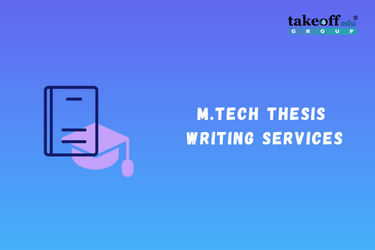 M.Tech Thesis Writing Services
M.Tech Thesis Writing Services 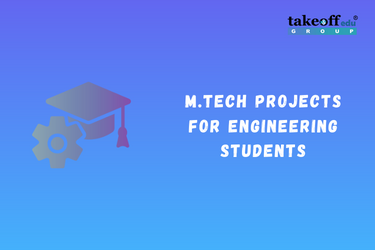 M.Tech Projects for Electrical, Electronics & Software Engineering
M.Tech Projects for Electrical, Electronics & Software Engineering 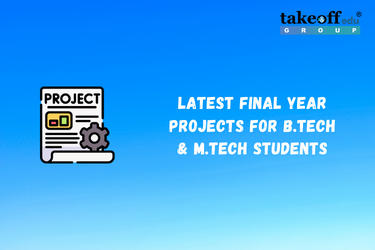 Latest Final Year Projects for B.Tech & M.Tech Students
Latest Final Year Projects for B.Tech & M.Tech Students 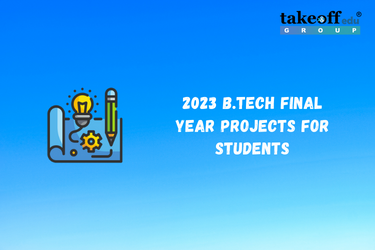 2023 B.Tech Final Year Projects for Students
2023 B.Tech Final Year Projects for Students 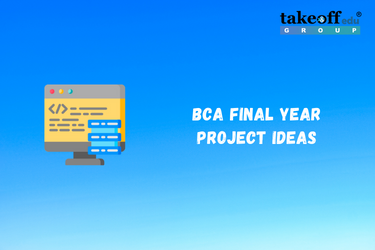 Latest BCA Final Year Project Ideas for 2023
Latest BCA Final Year Project Ideas for 2023 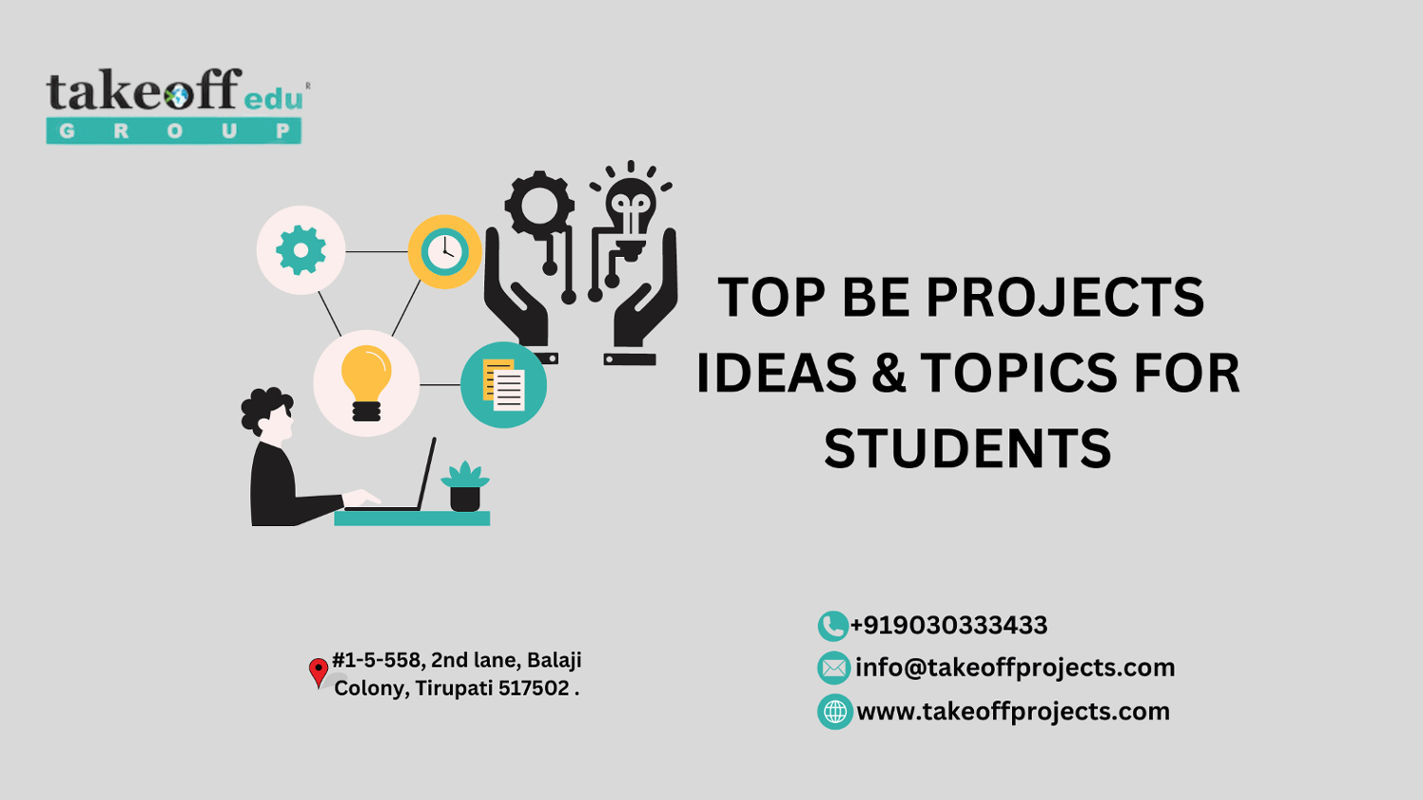 Top BE Projects Ideas & Topics for Students
Top BE Projects Ideas & Topics for Students  14+ Interesting Engineering Projects
14+ Interesting Engineering Projects 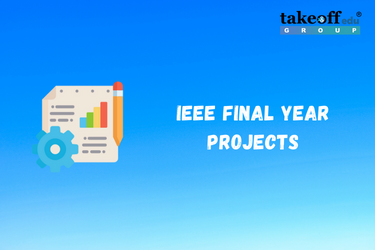 IEEE Final Year Projects
IEEE Final Year Projects 
 Paper Publishing
Paper Publishing


